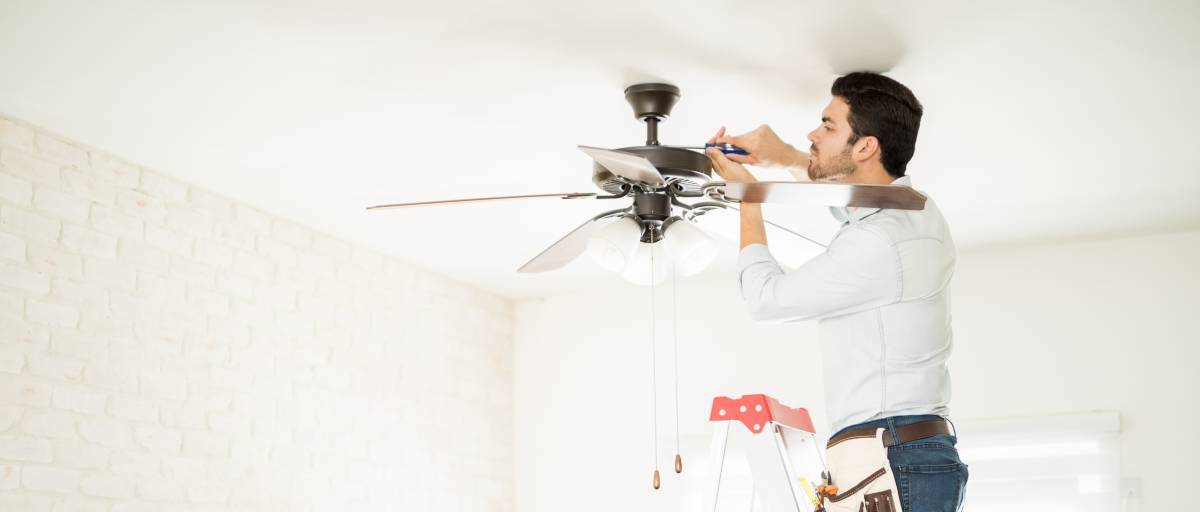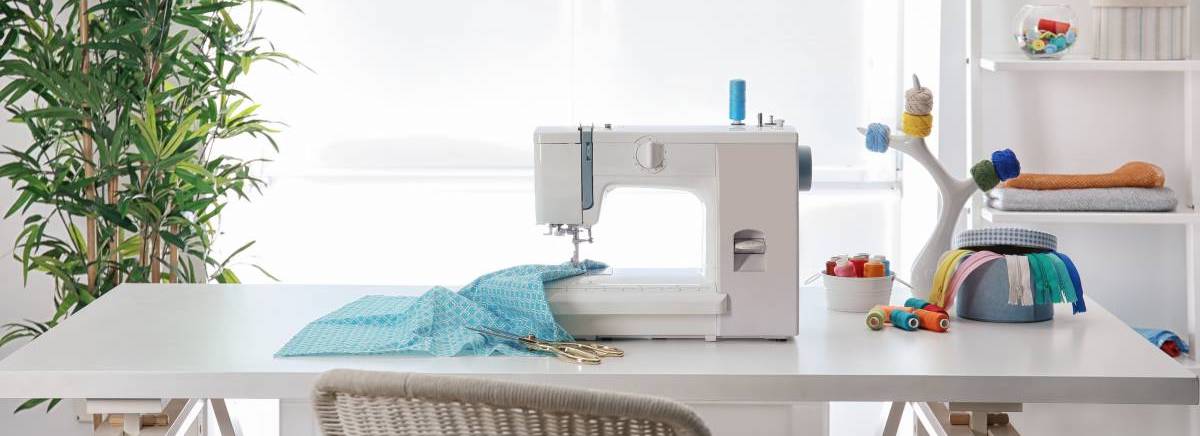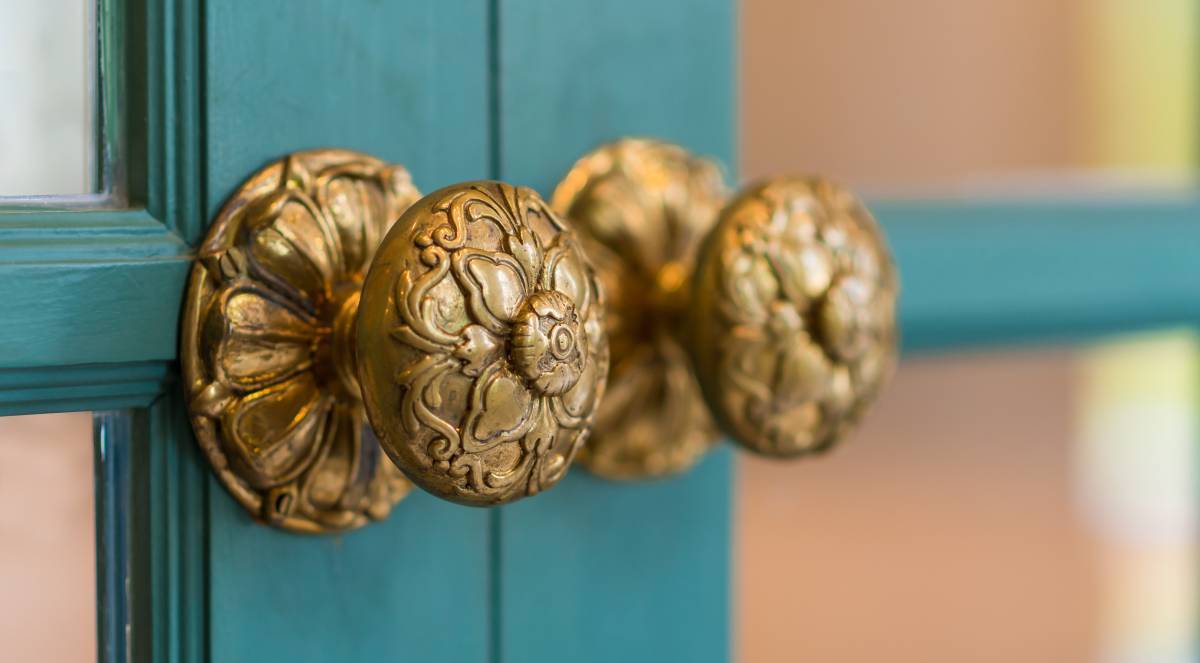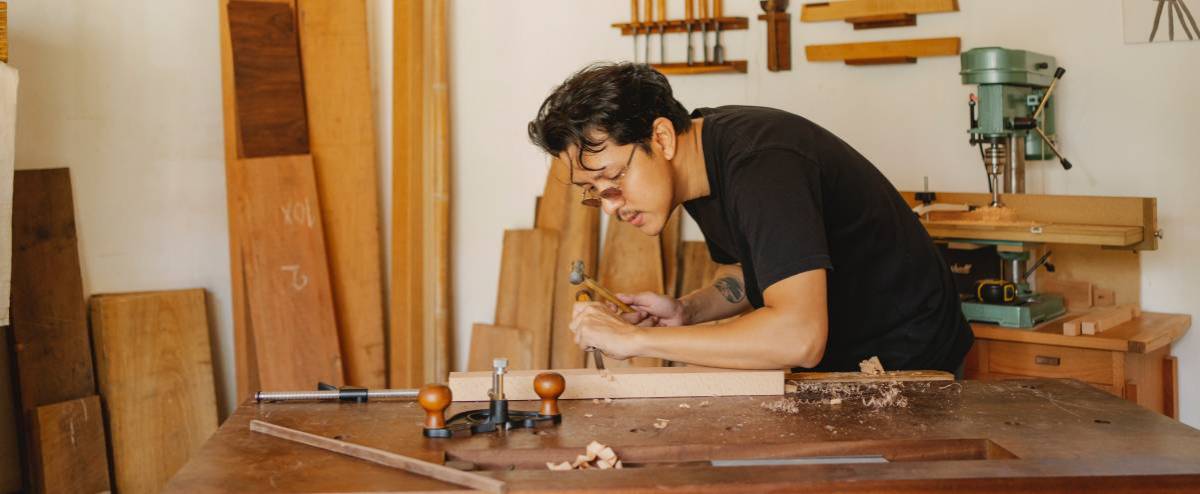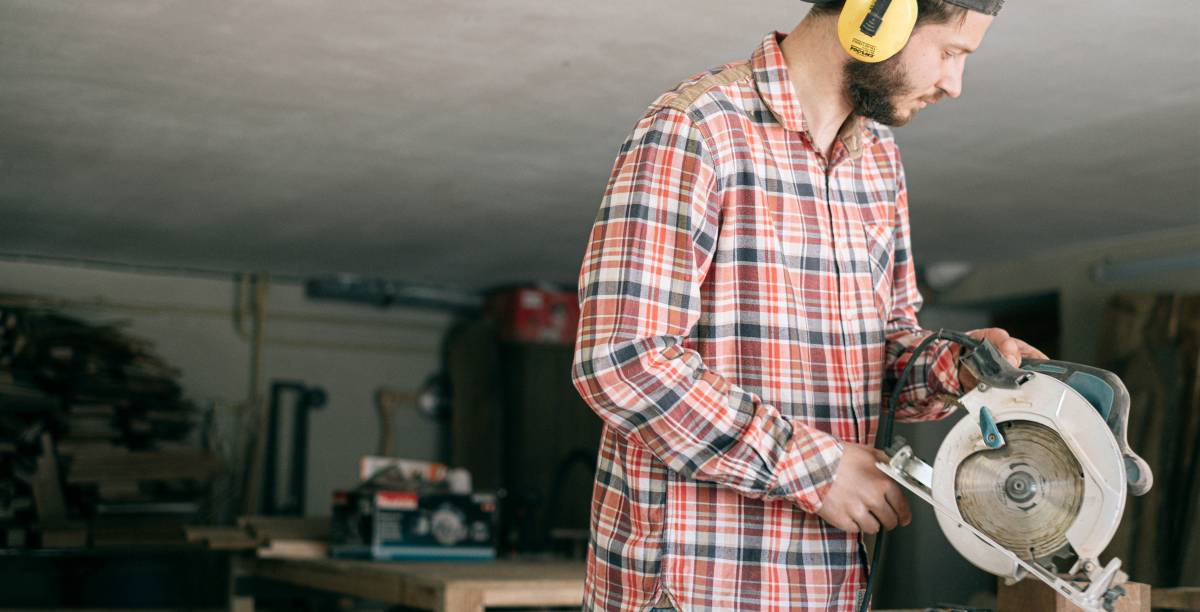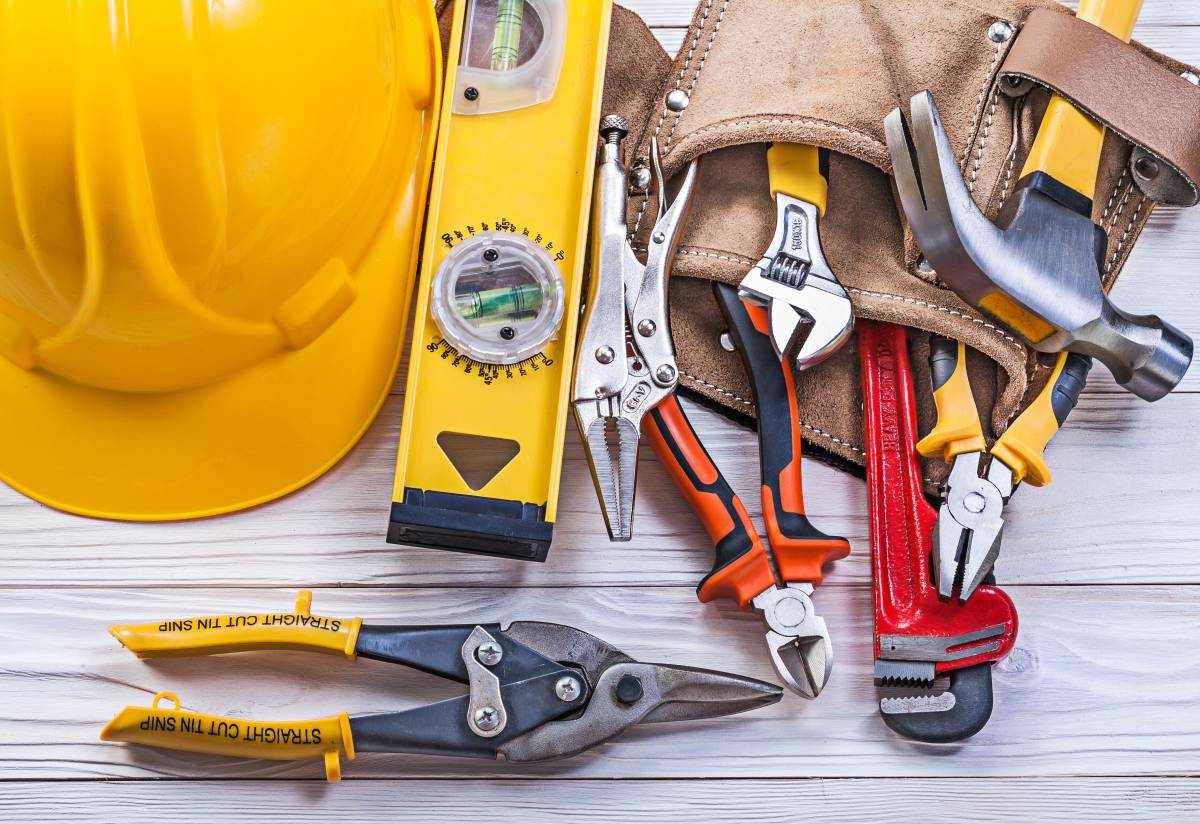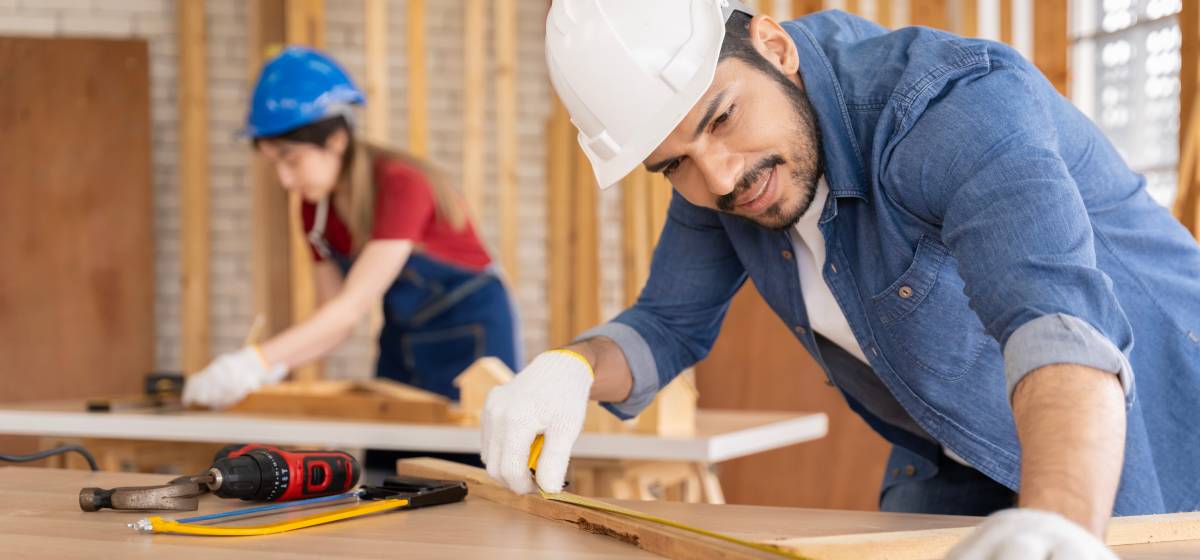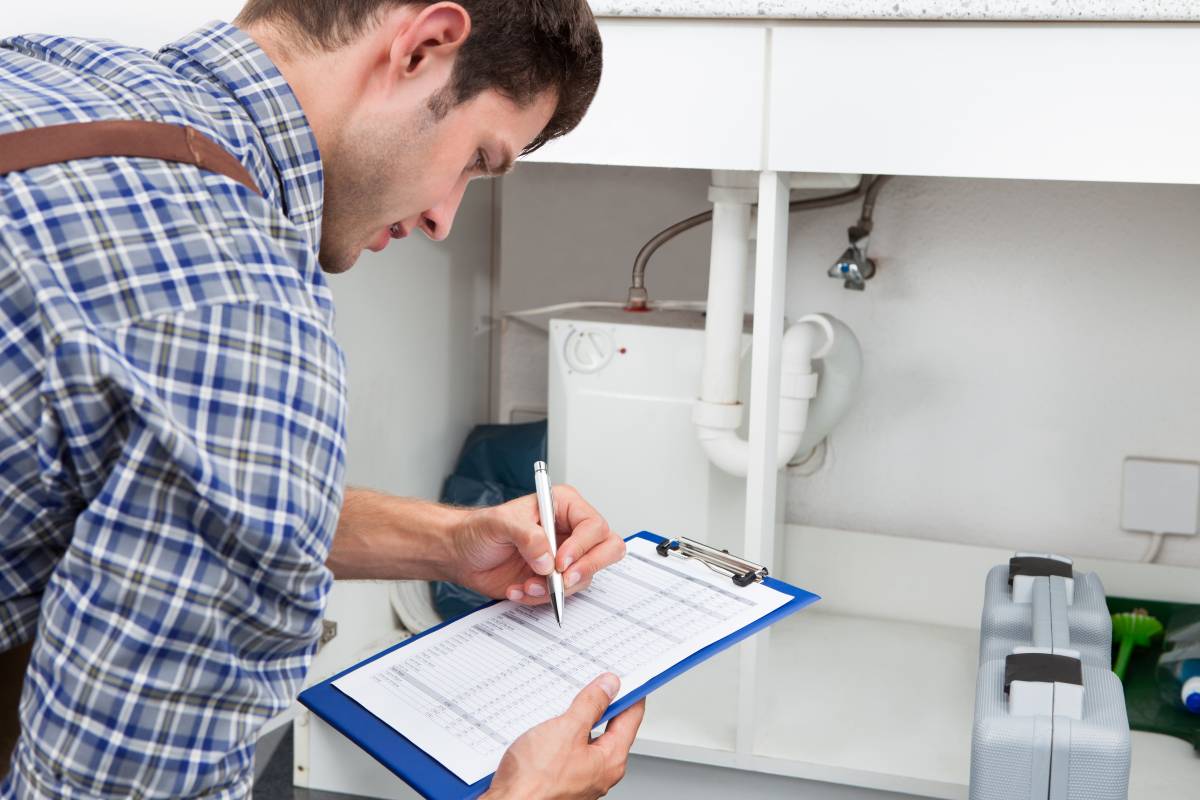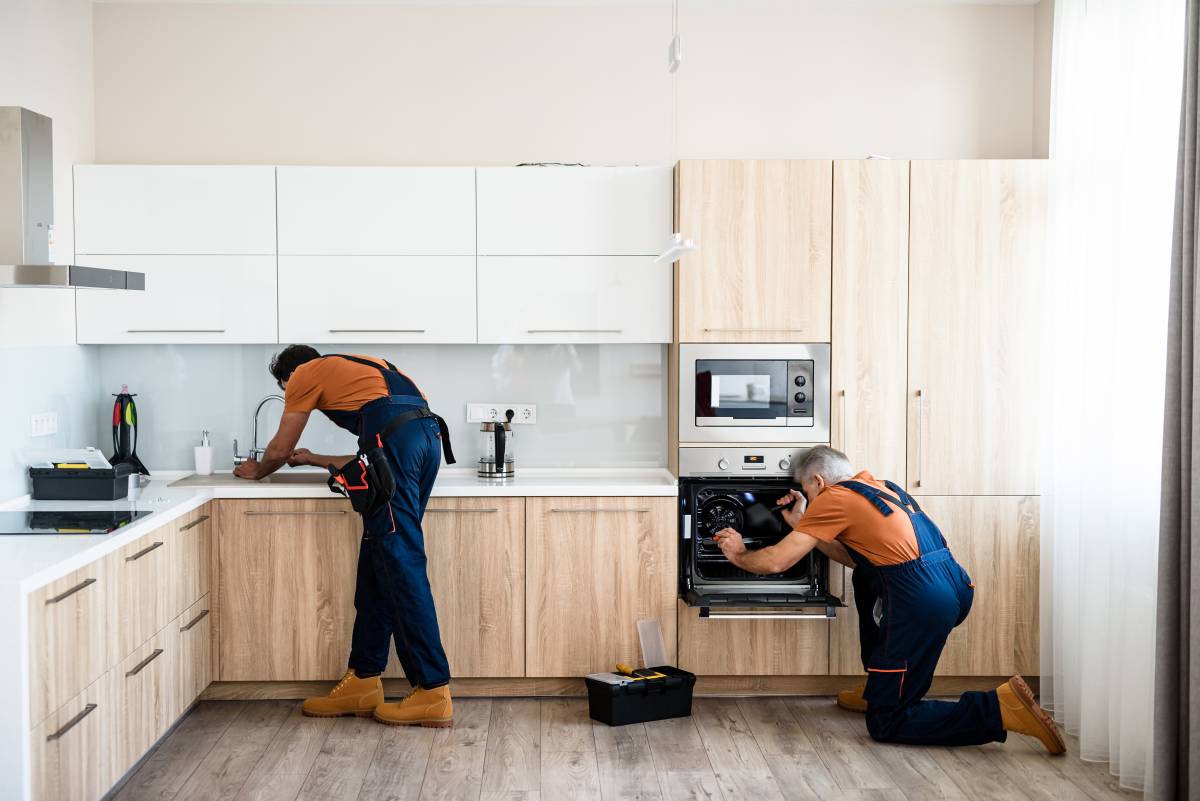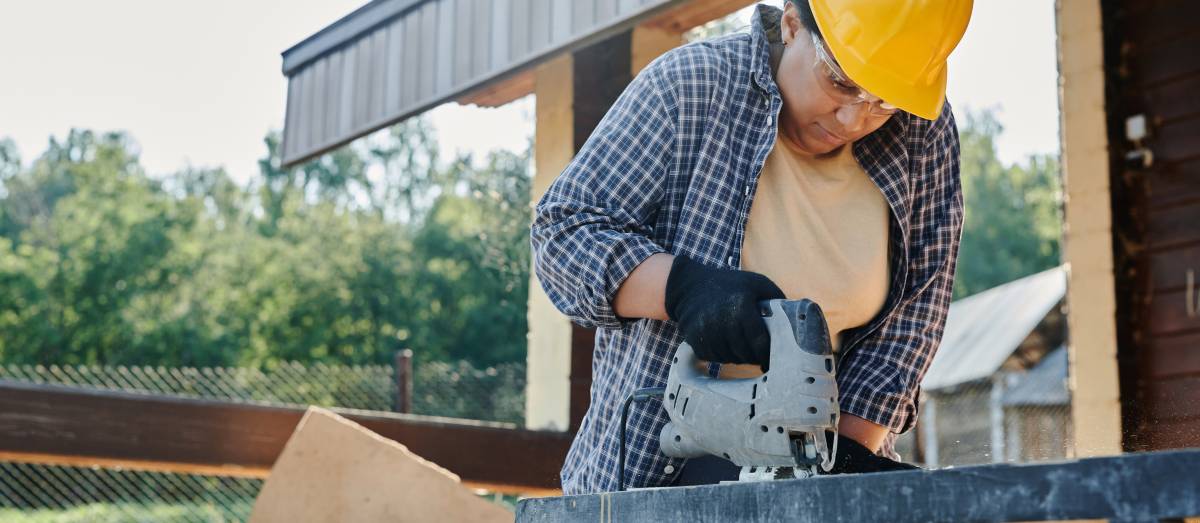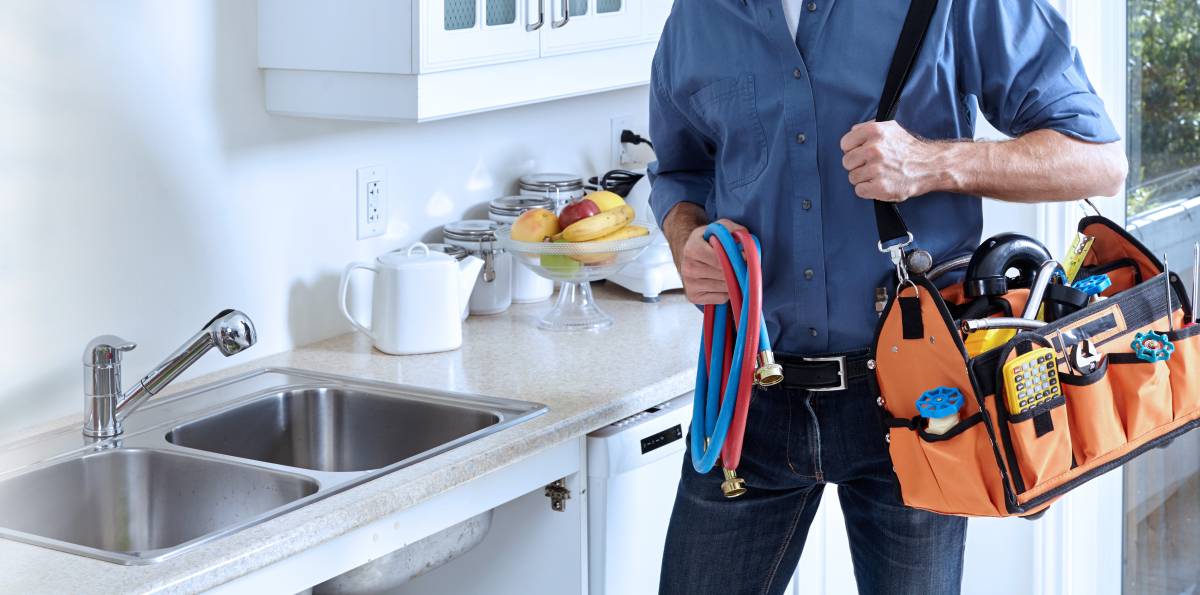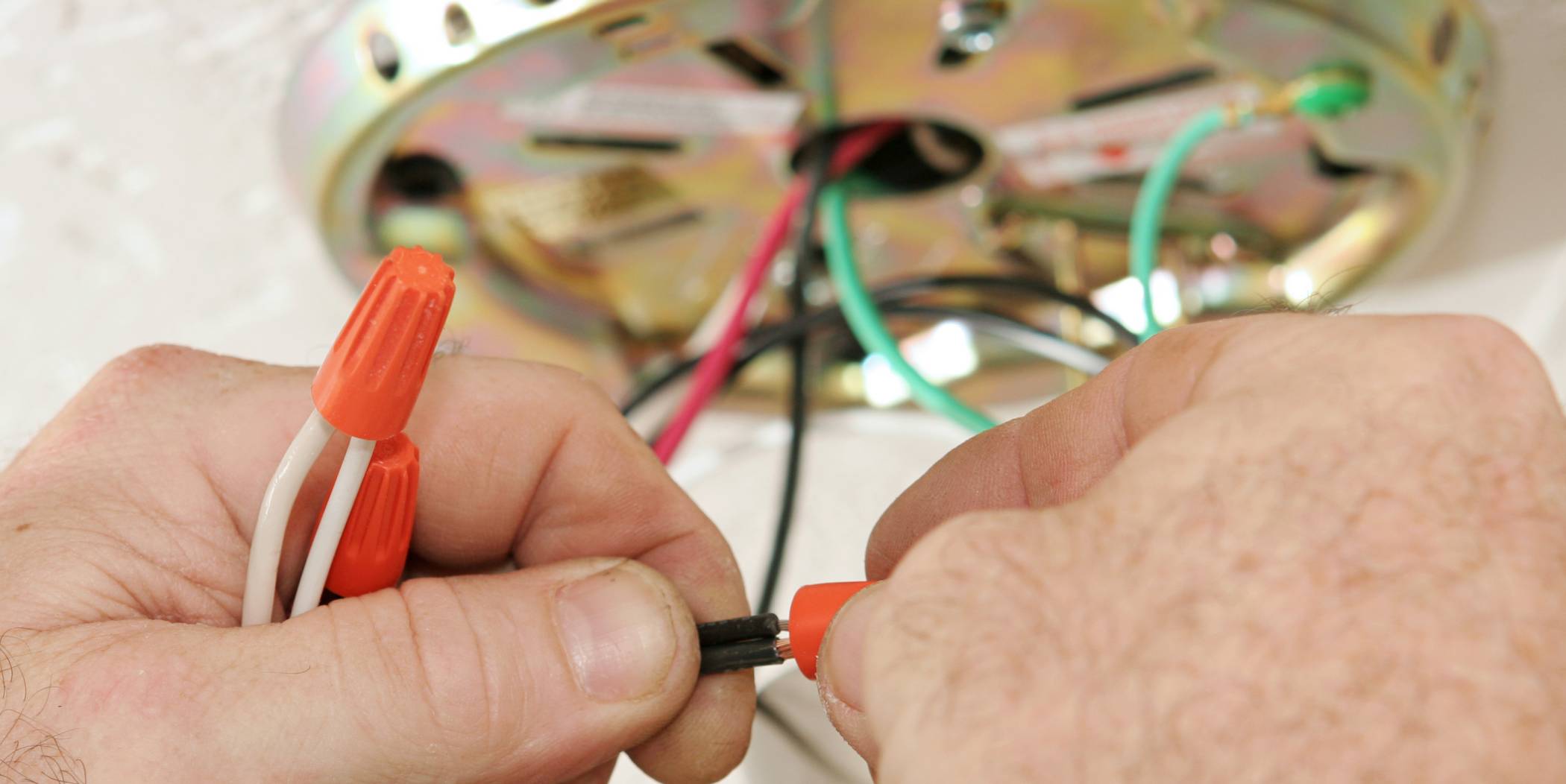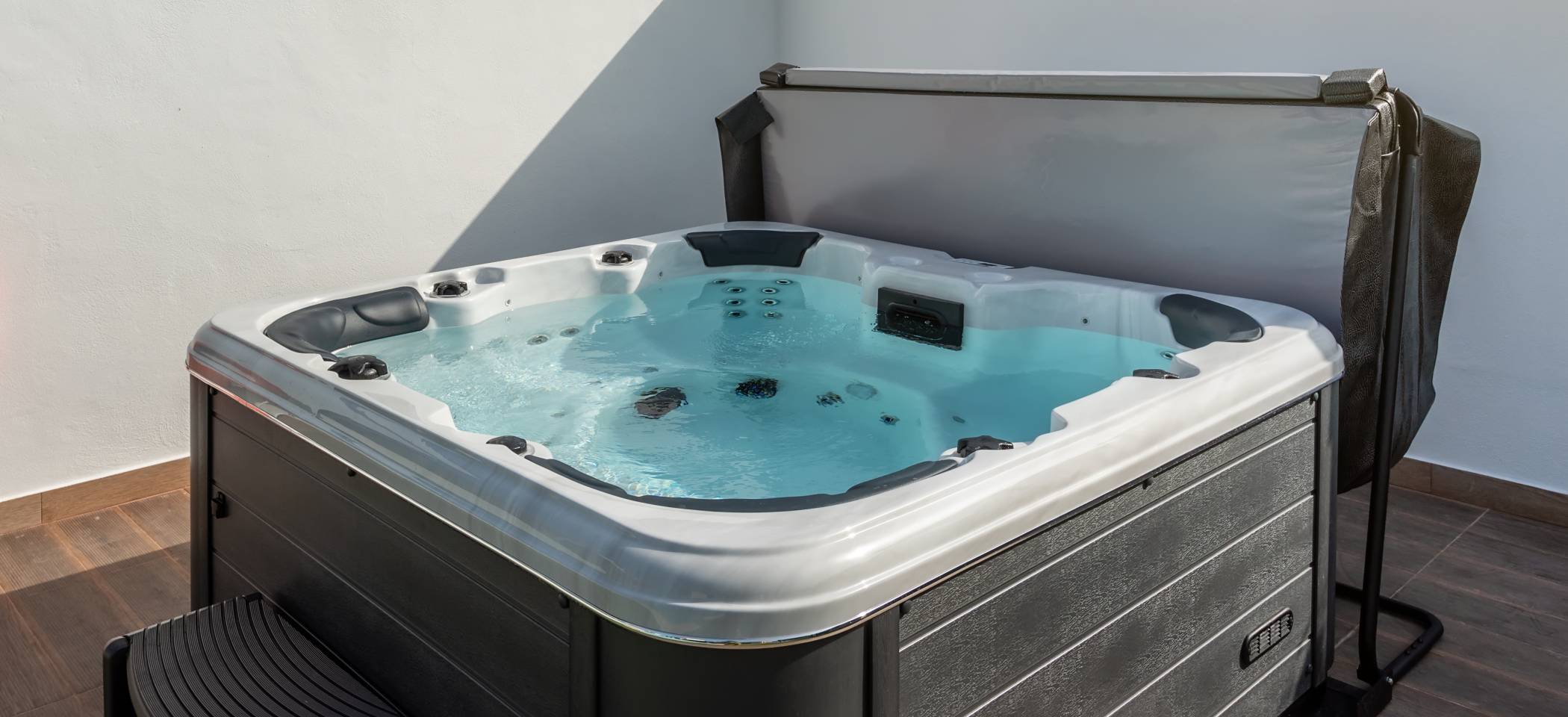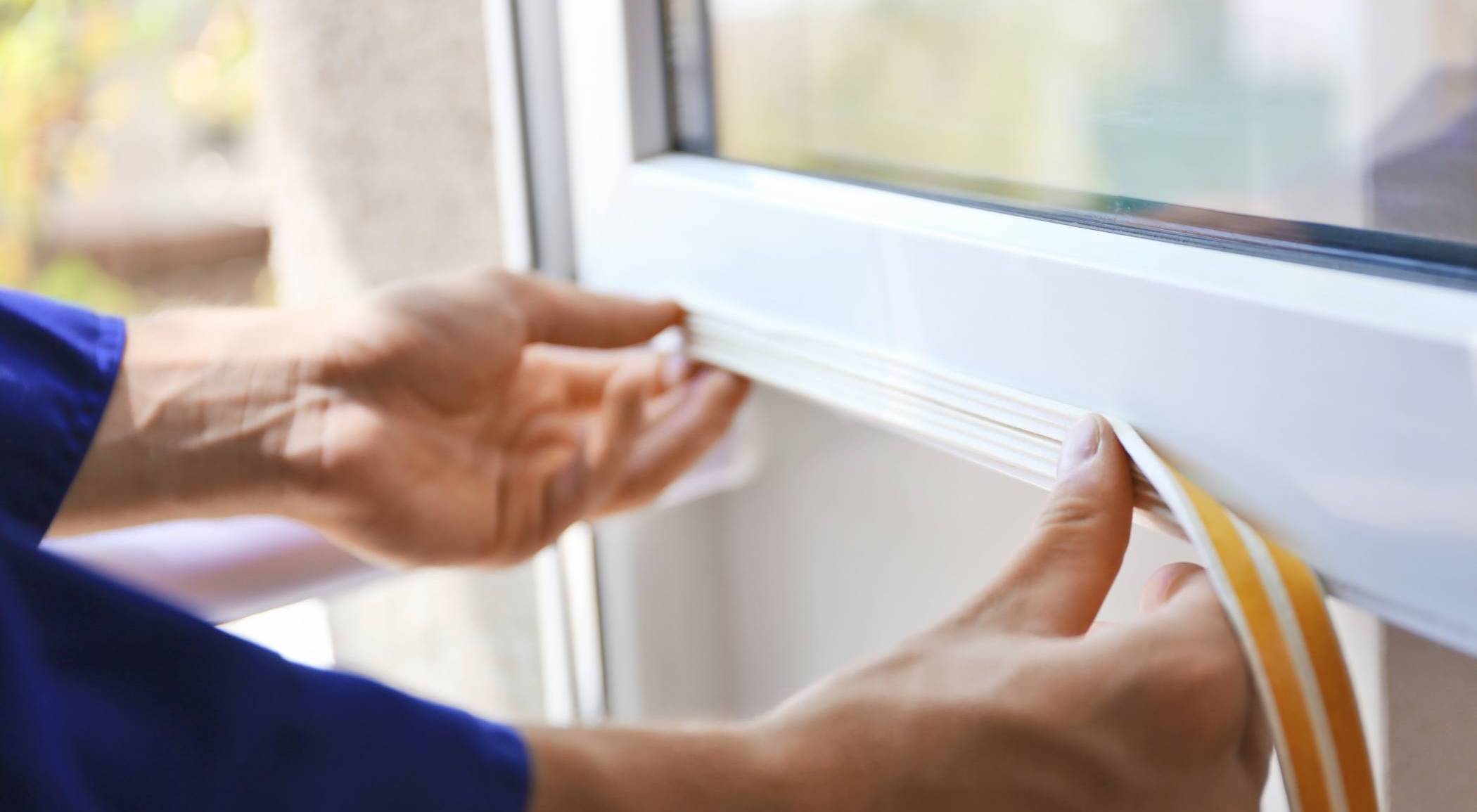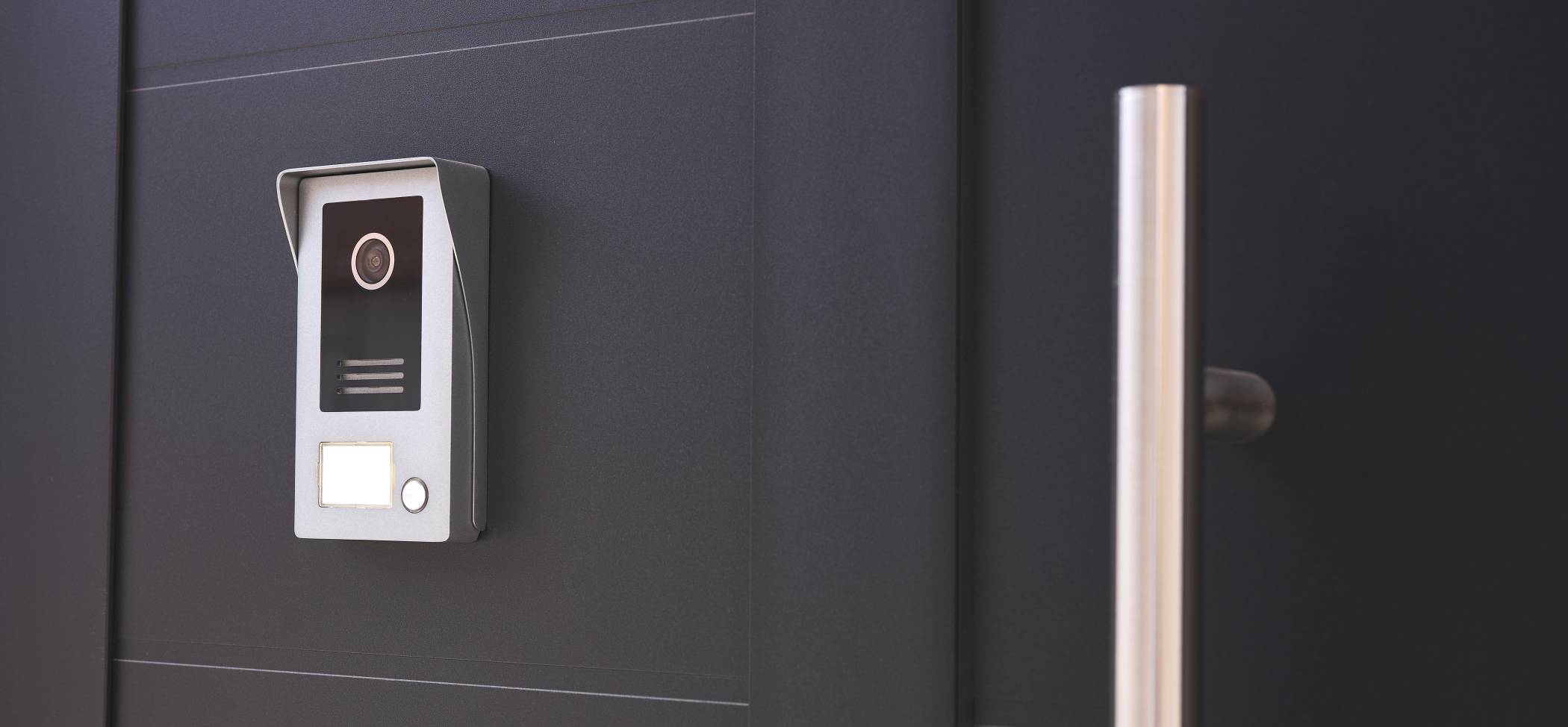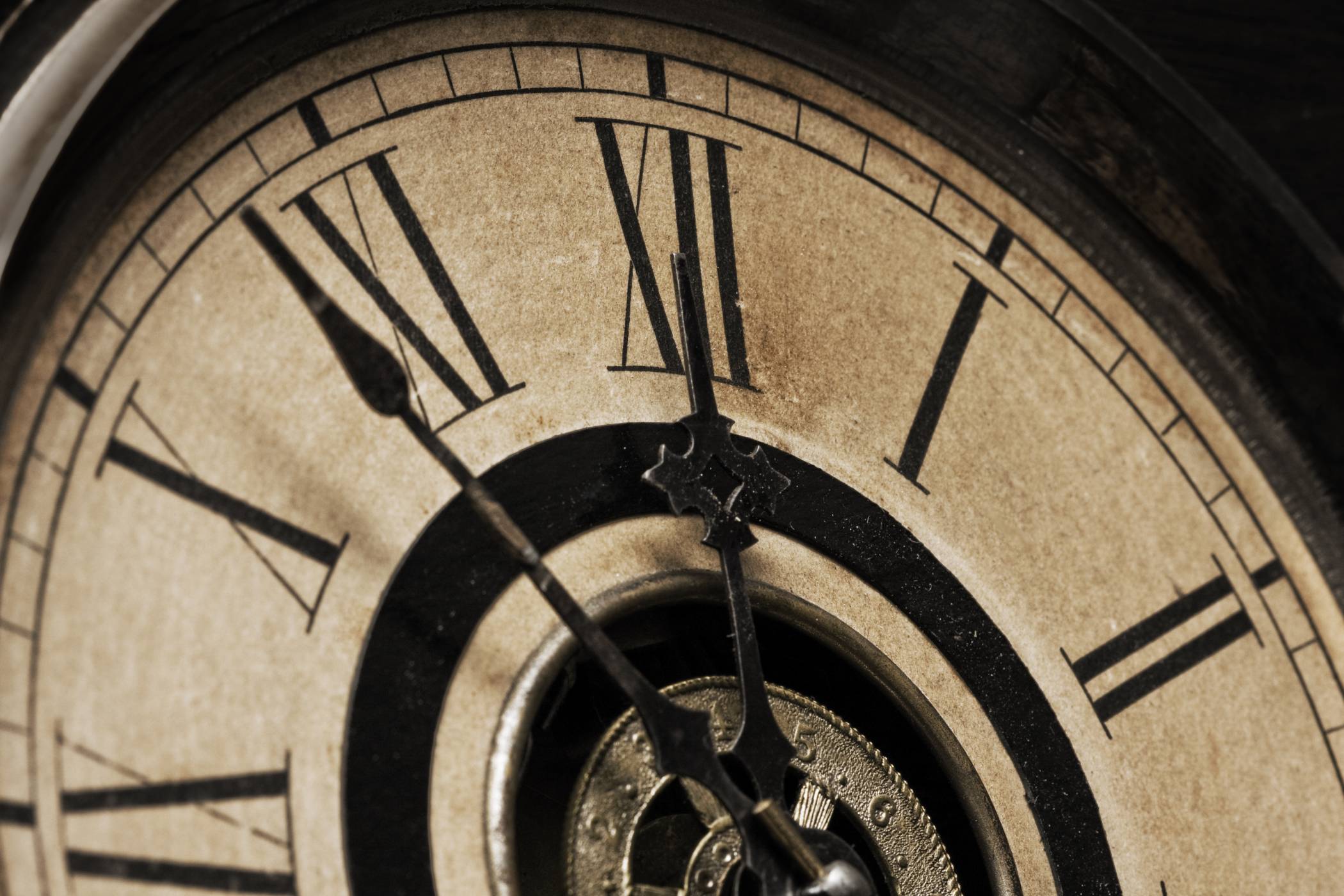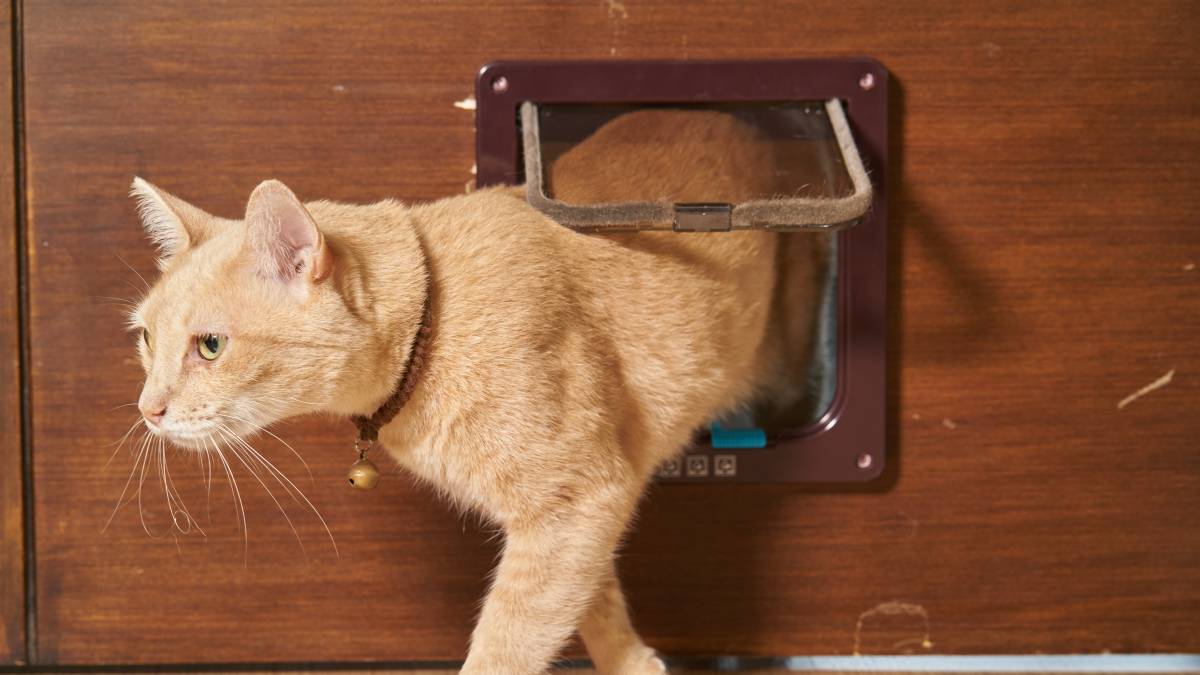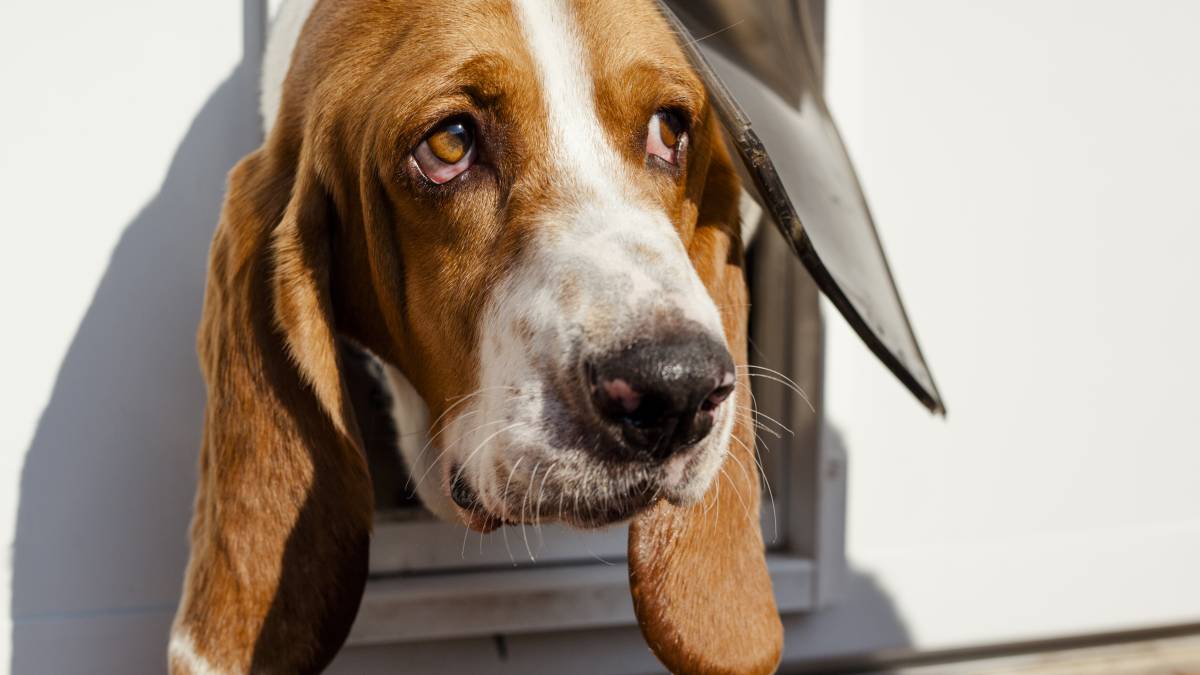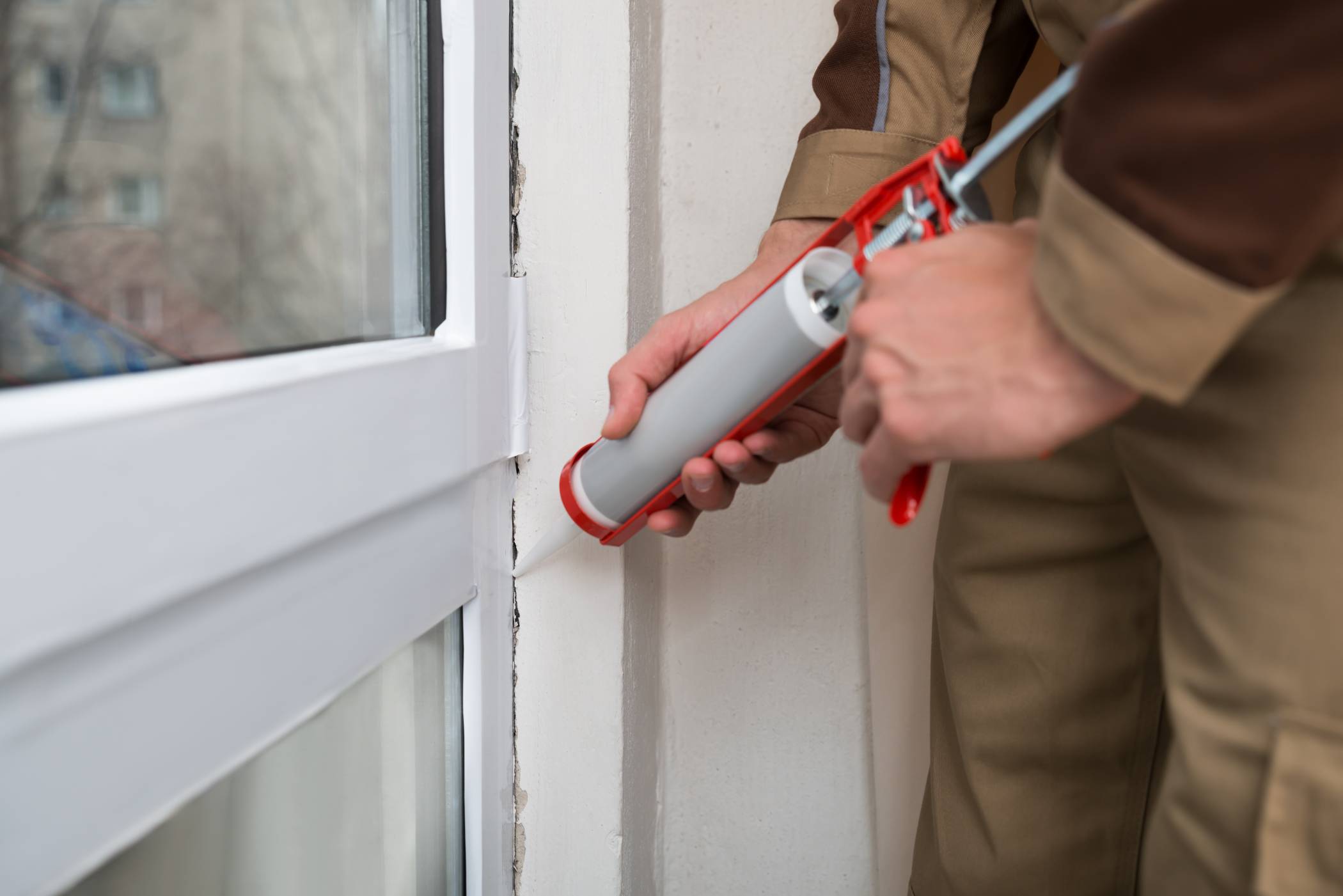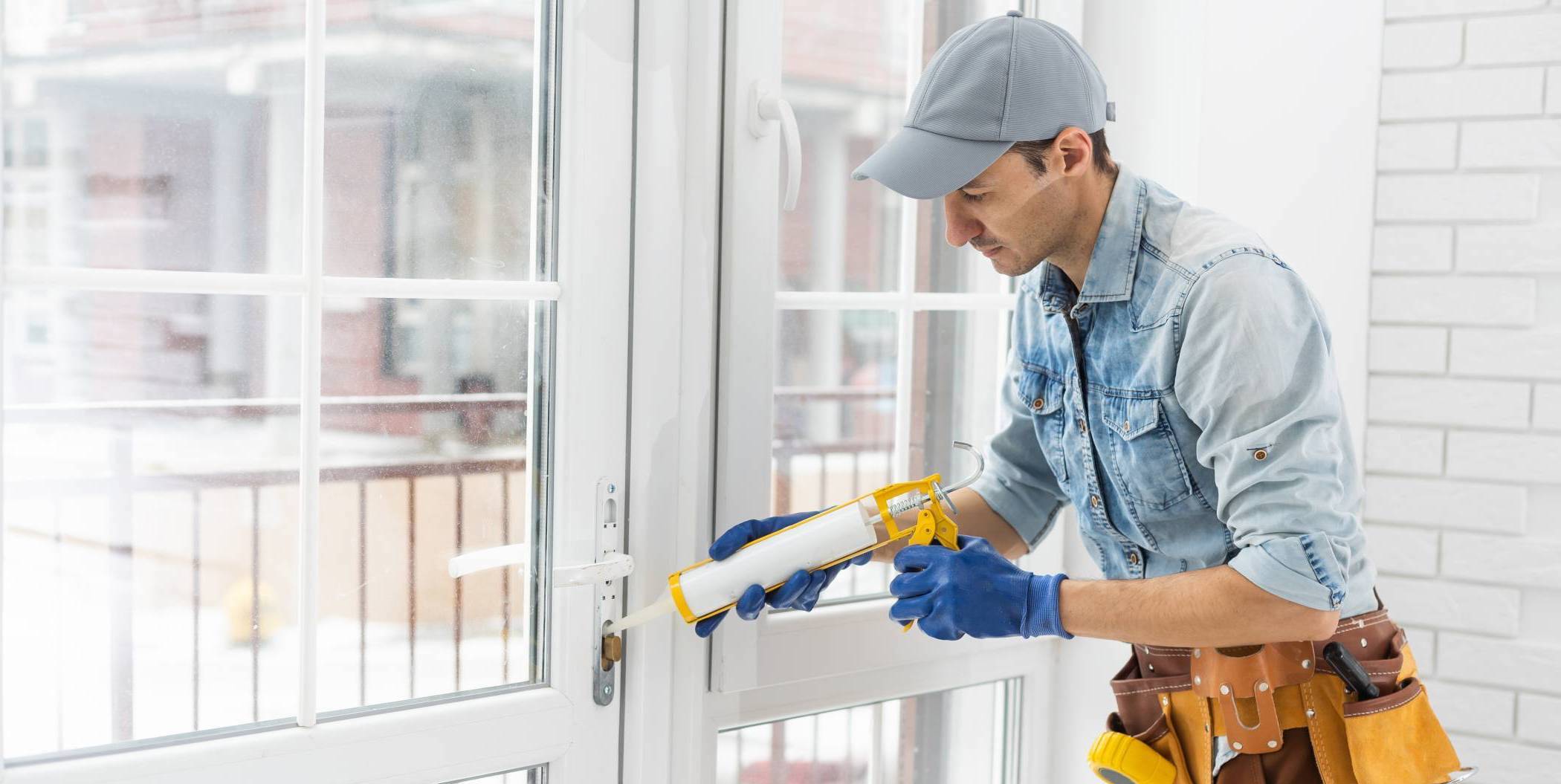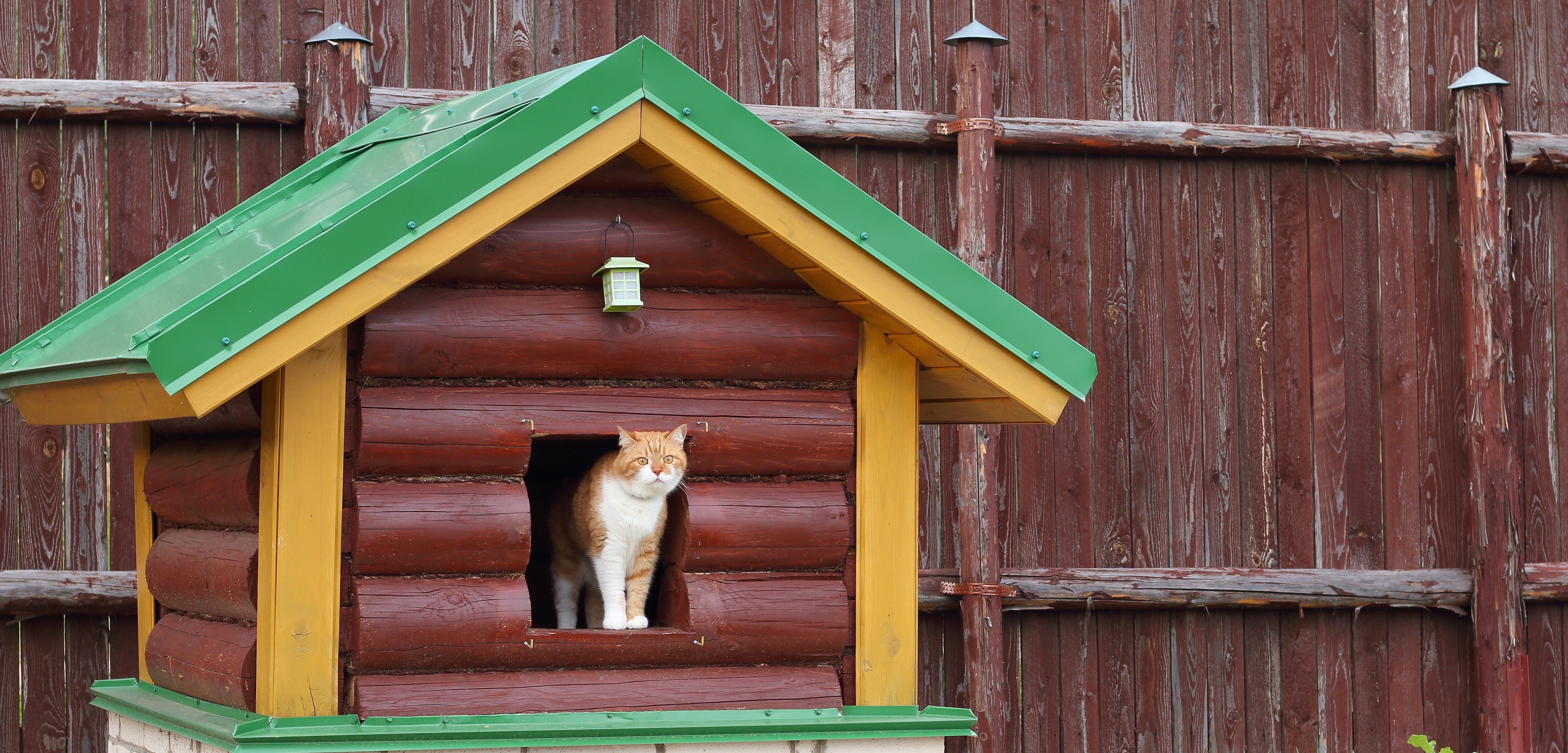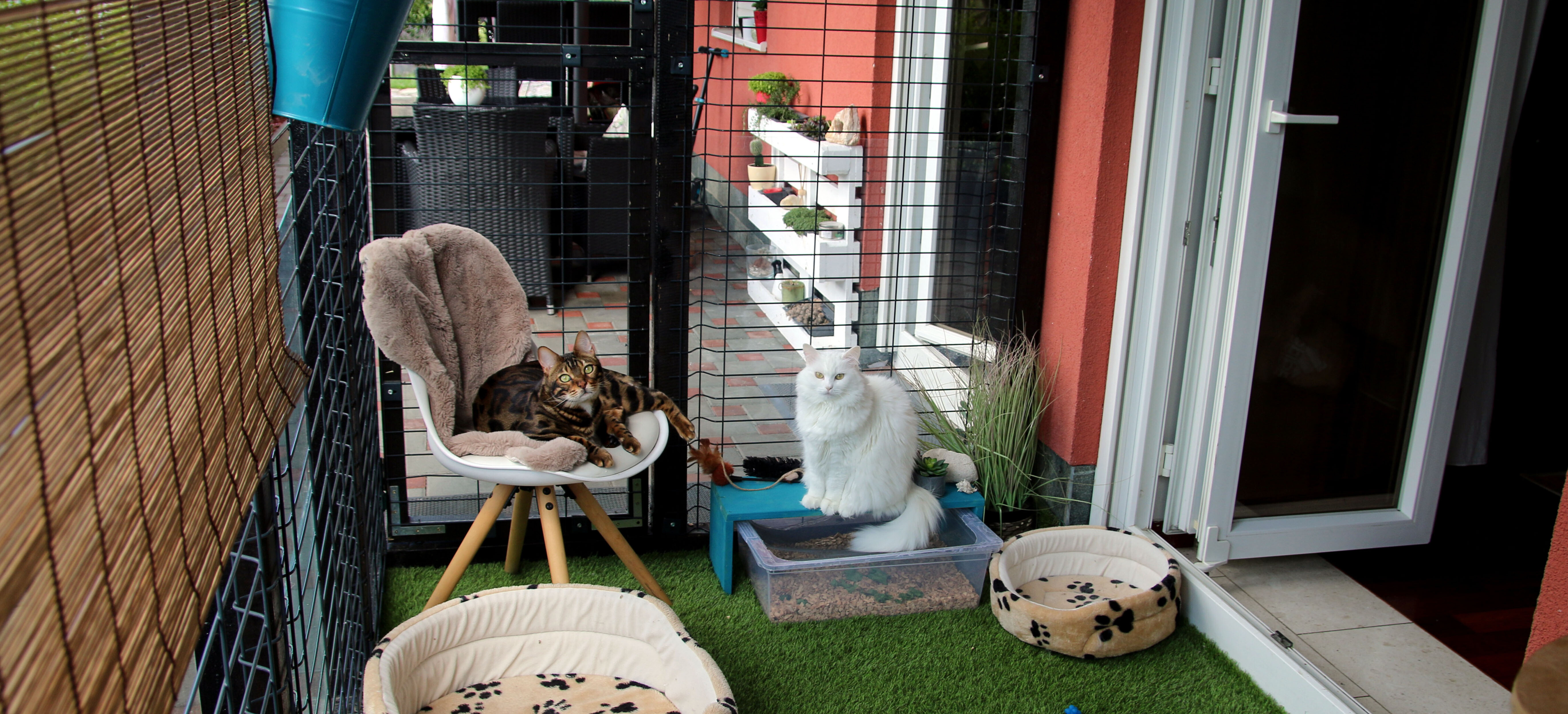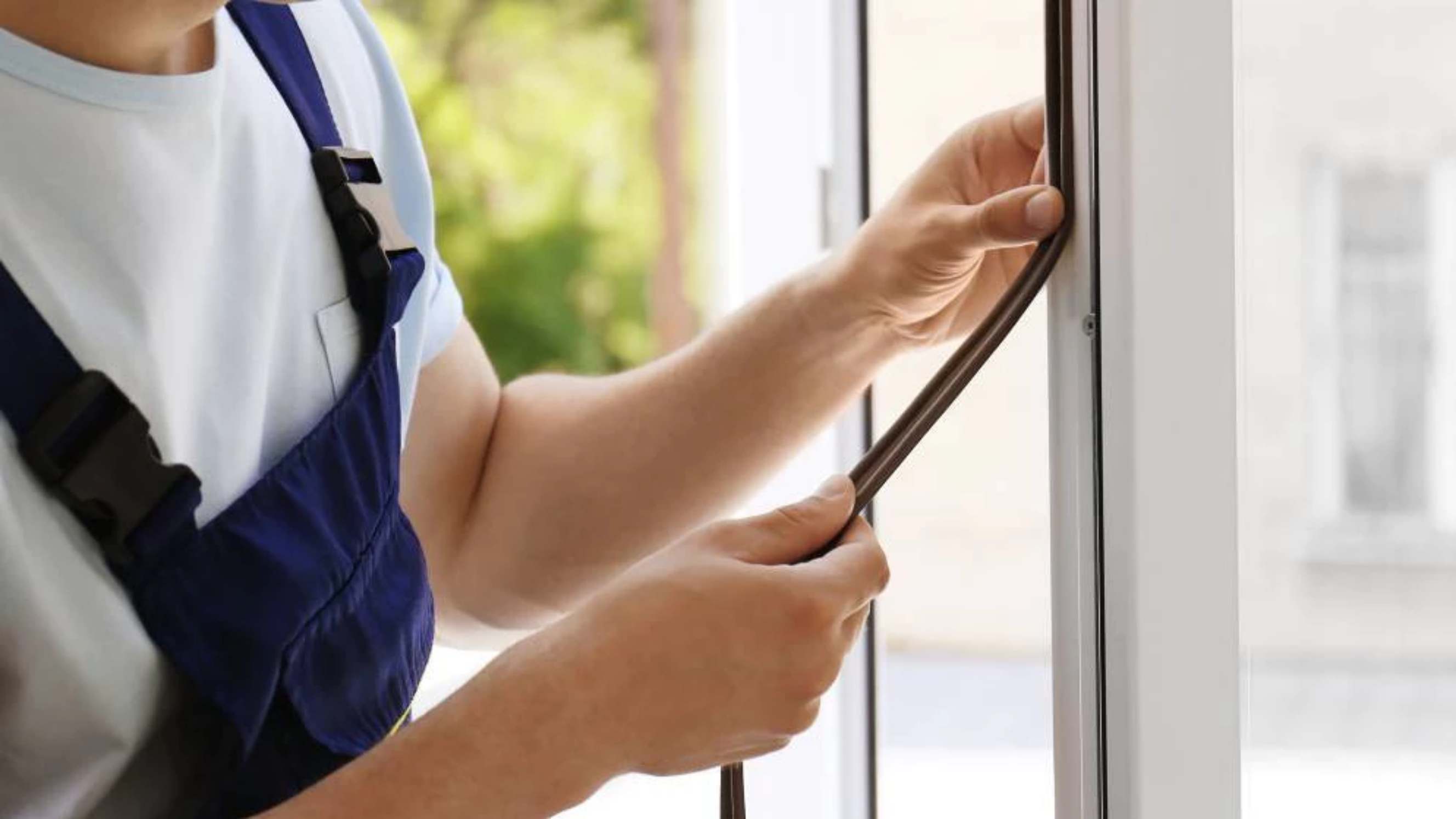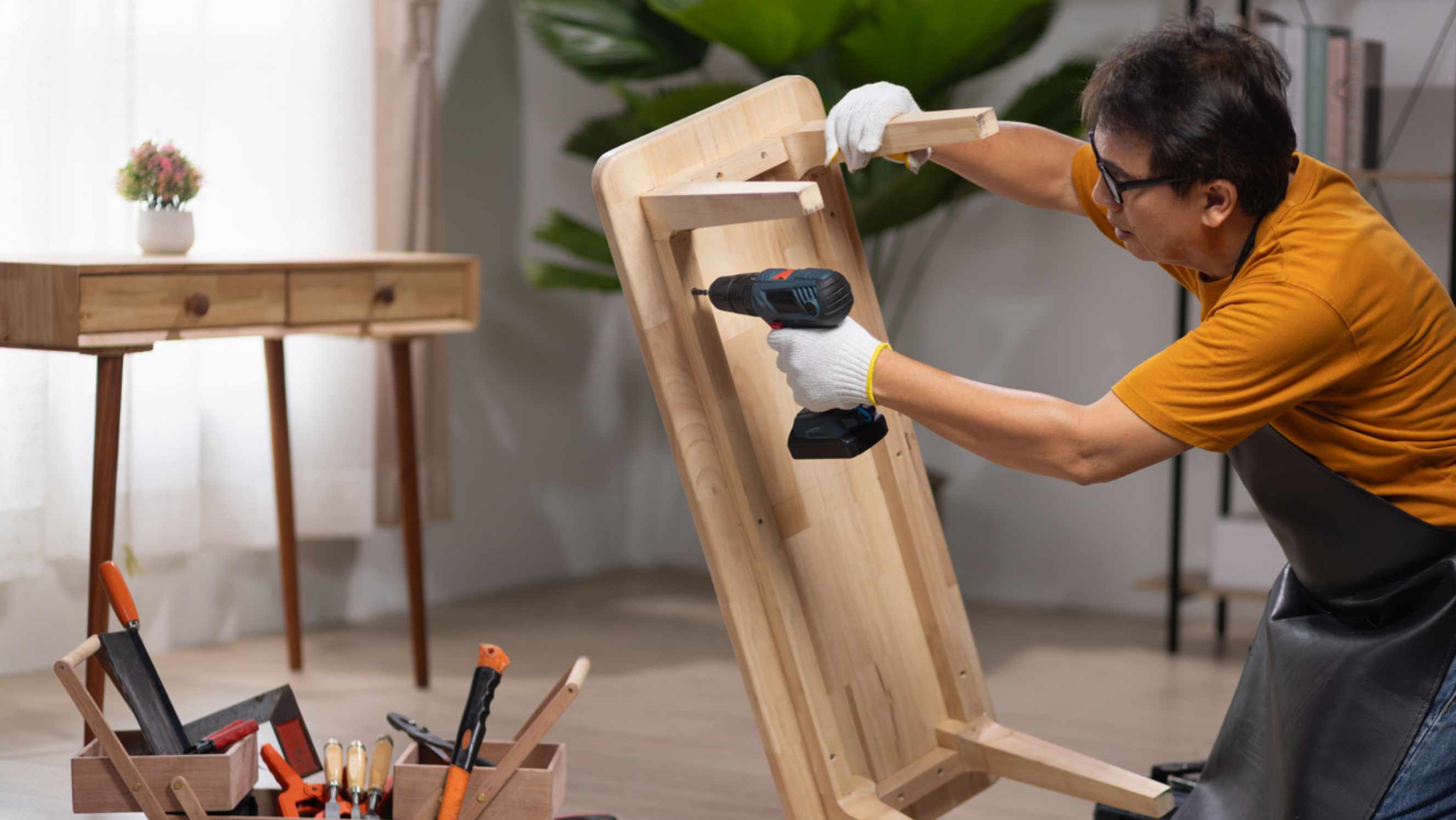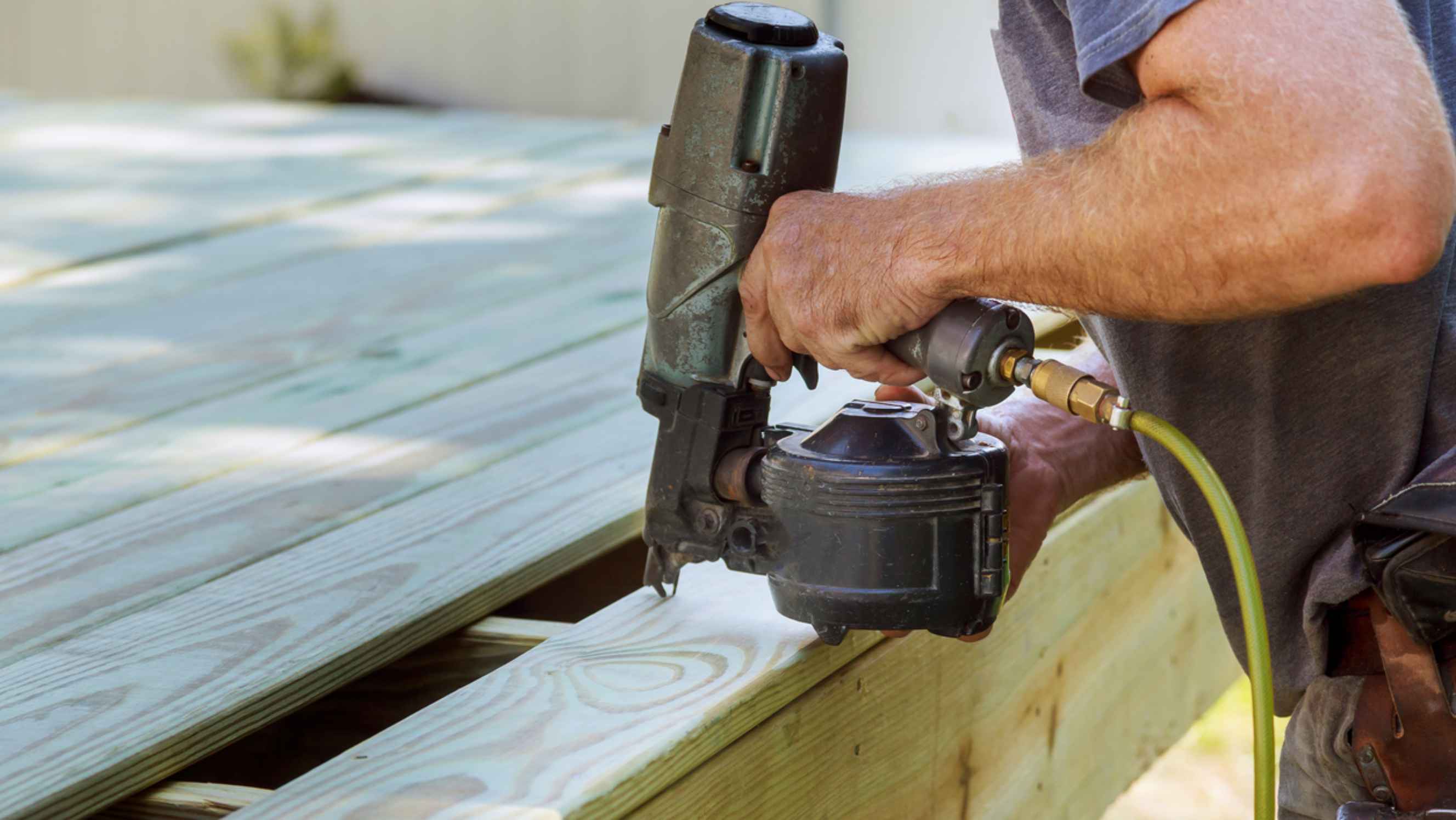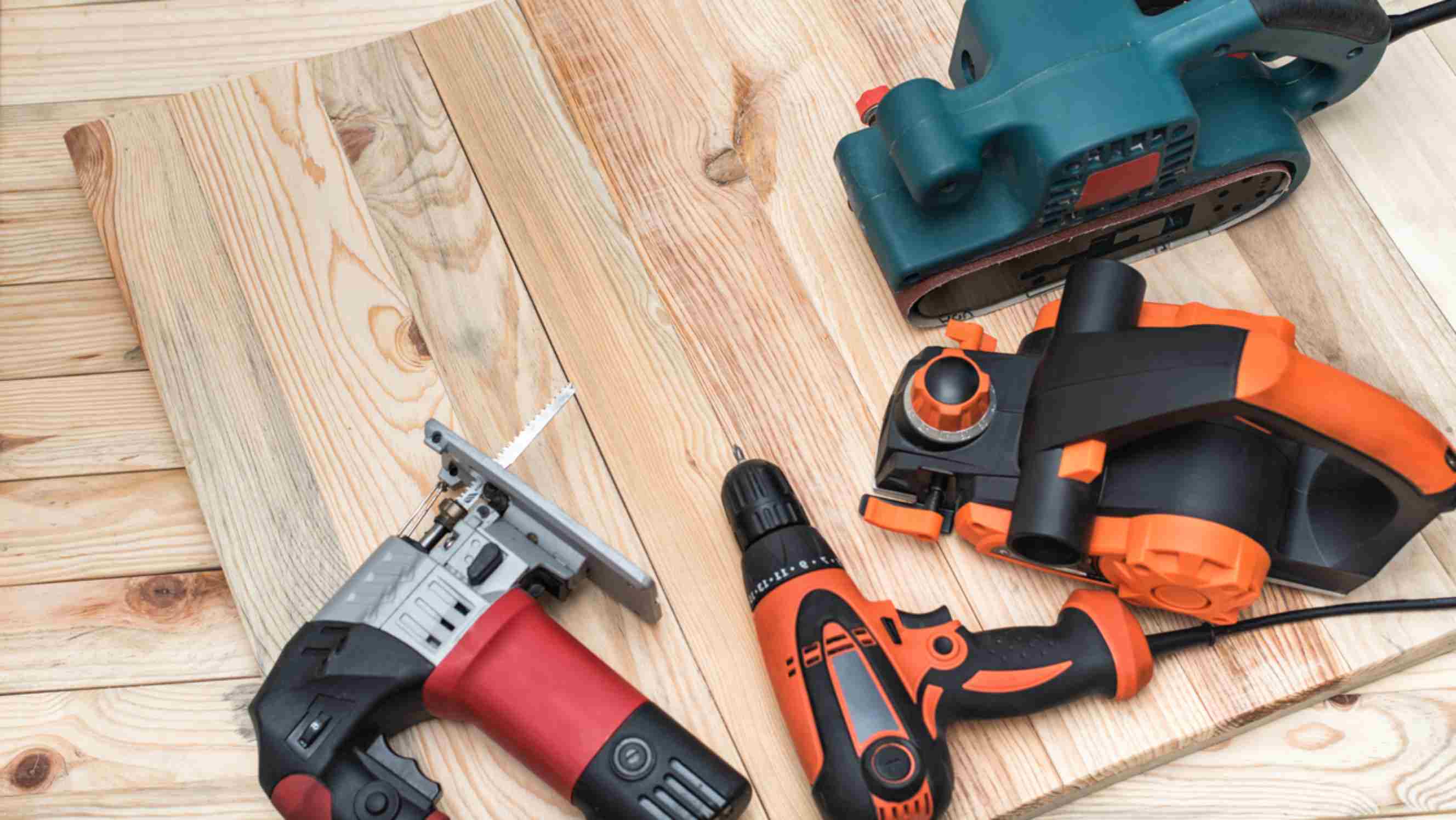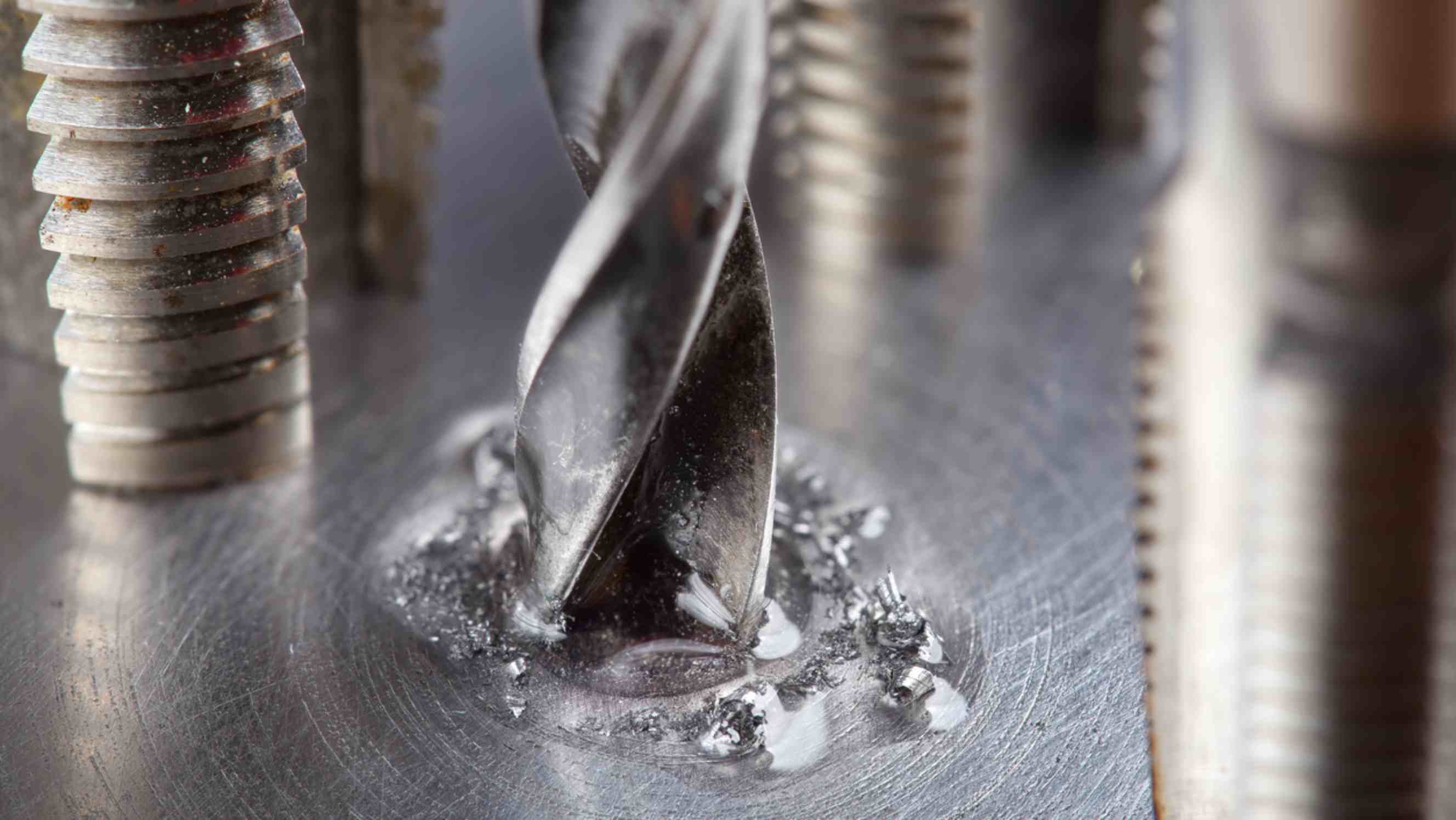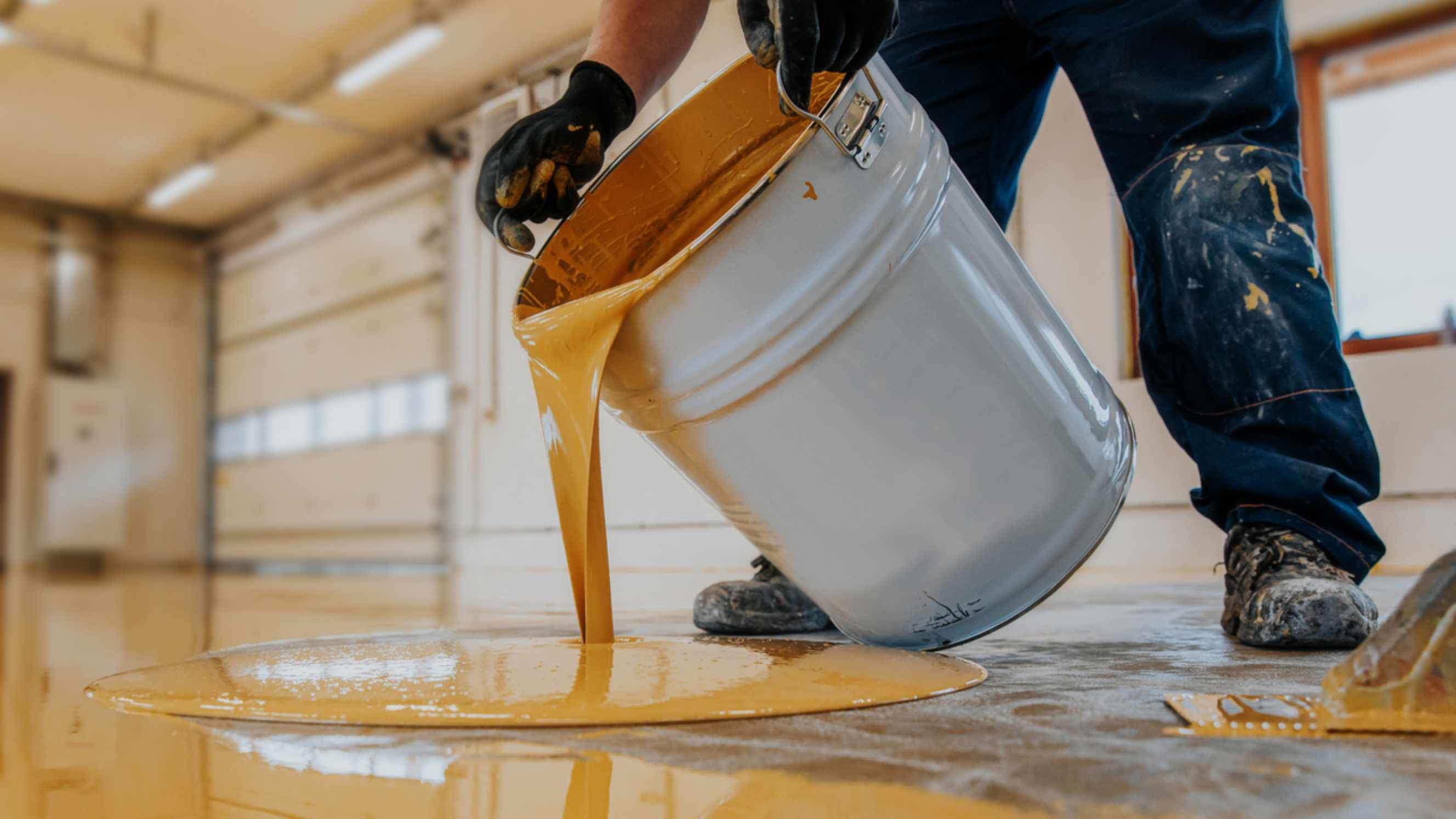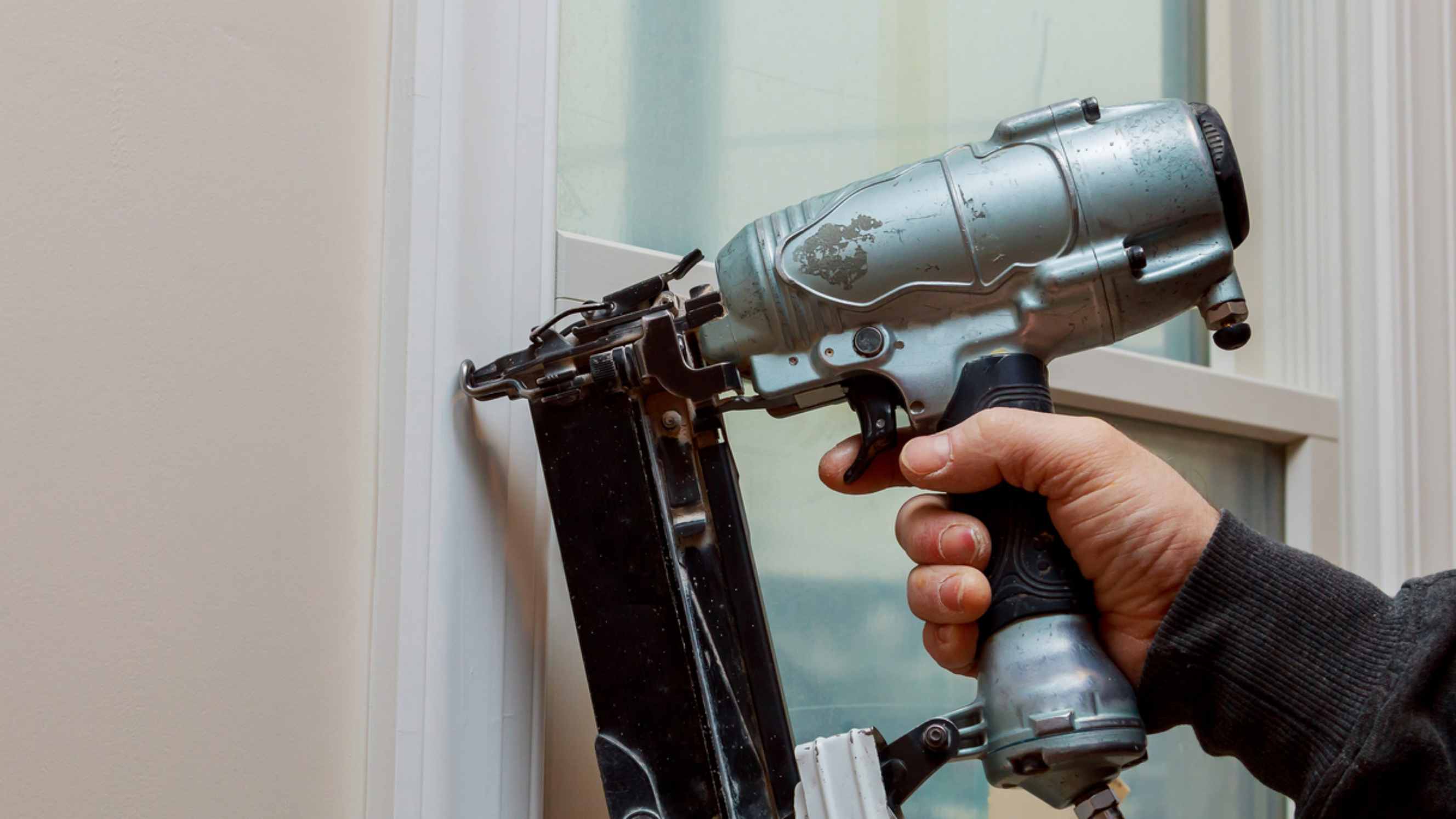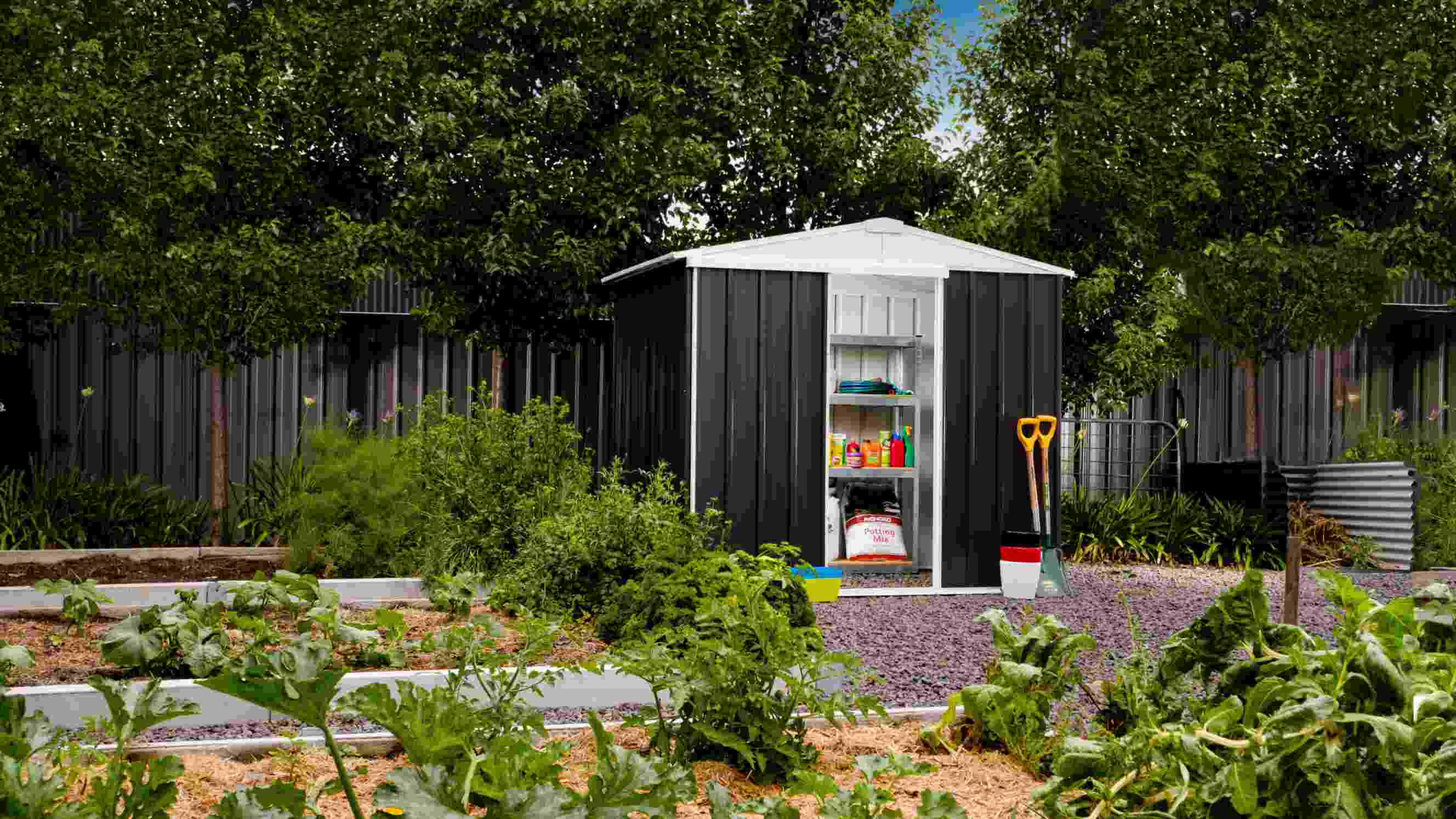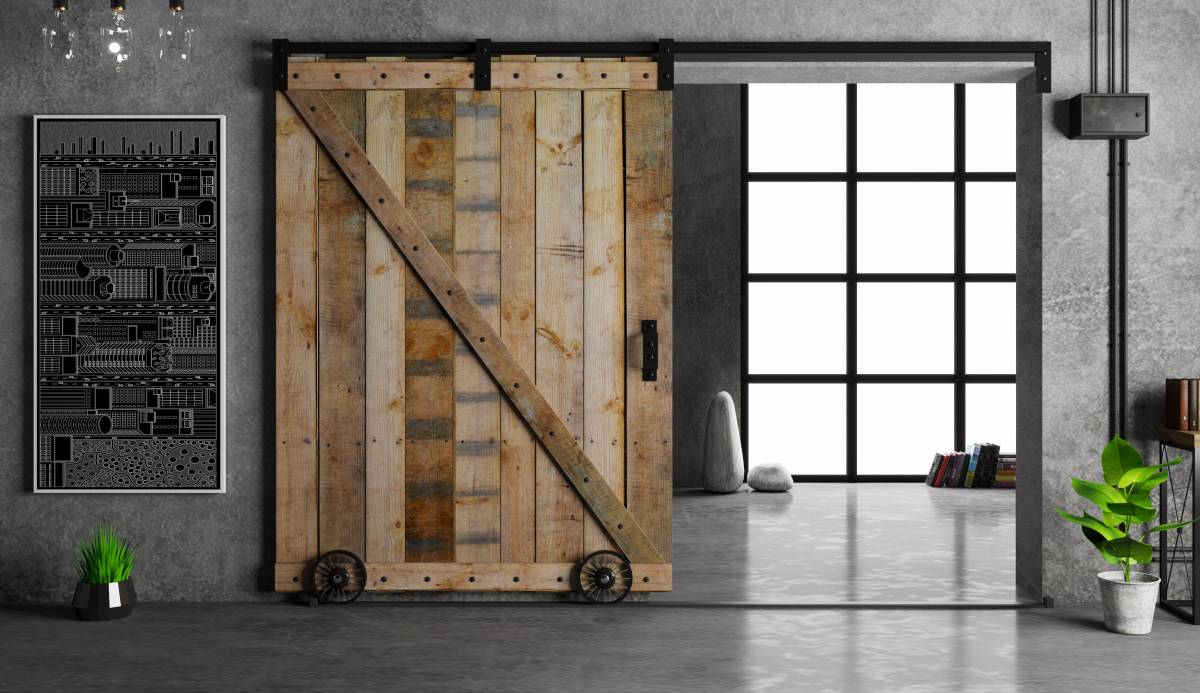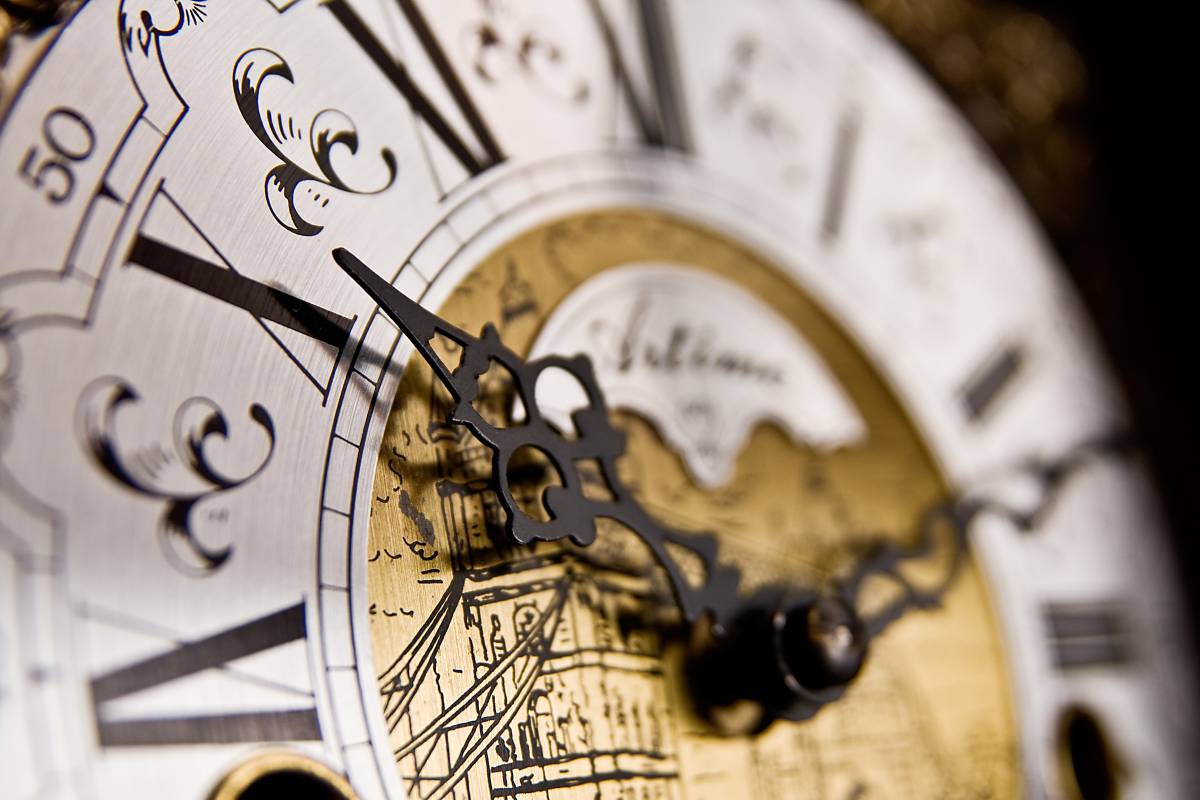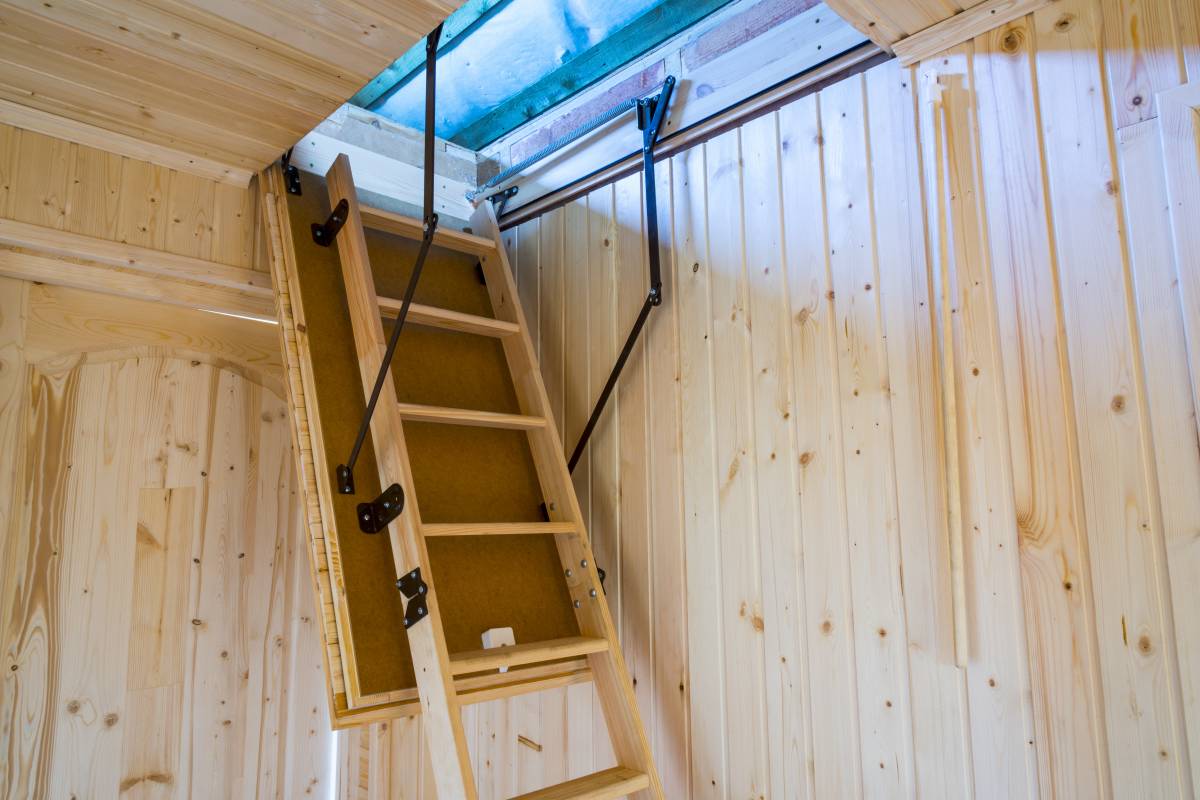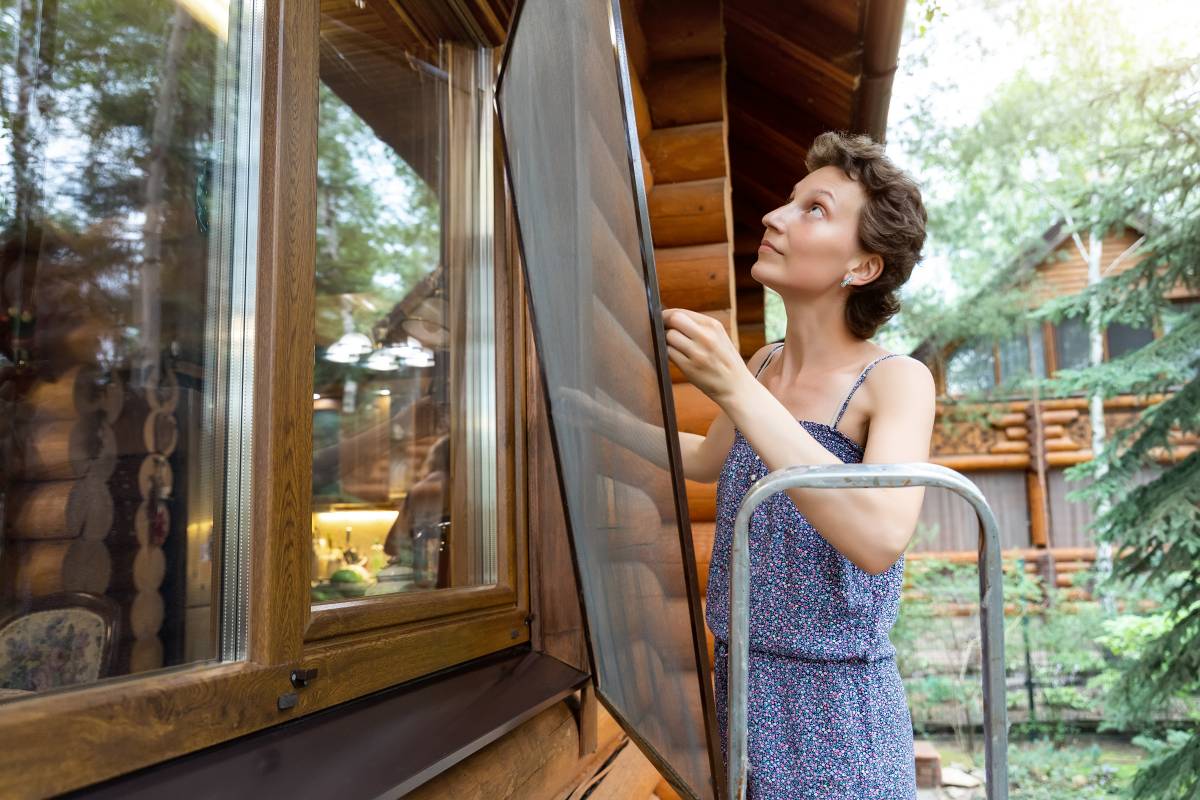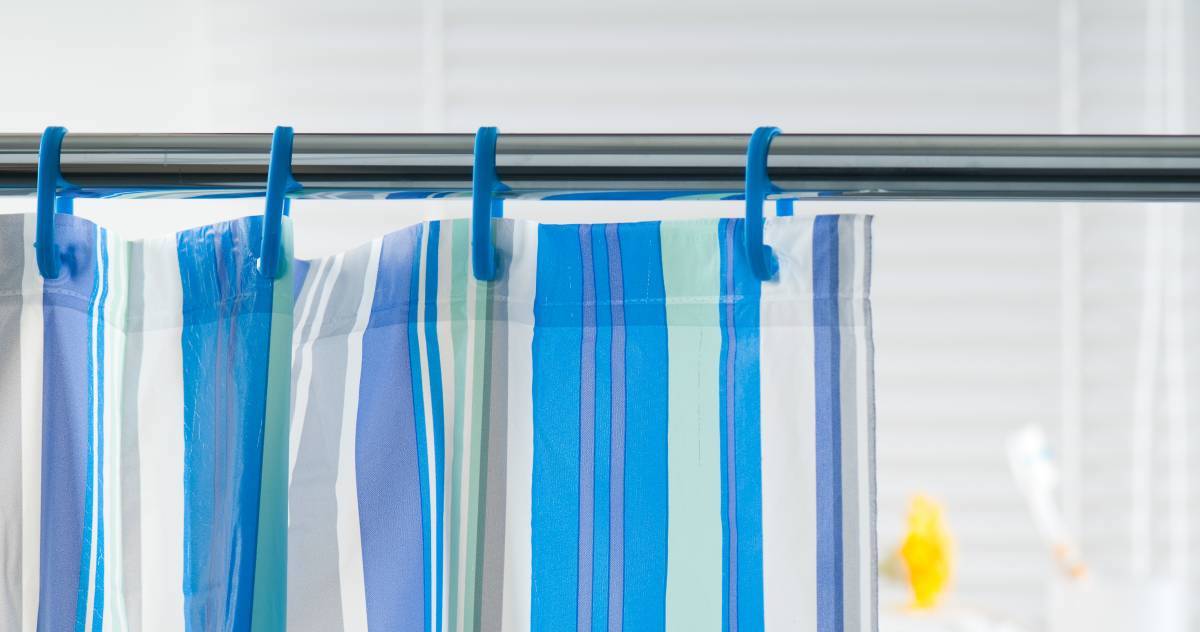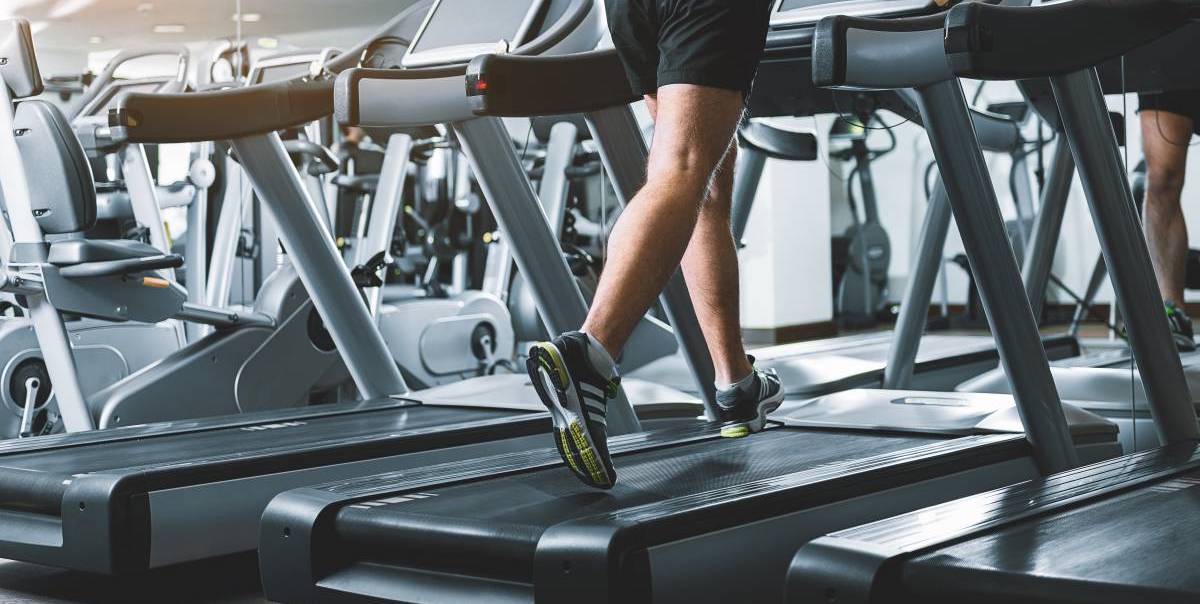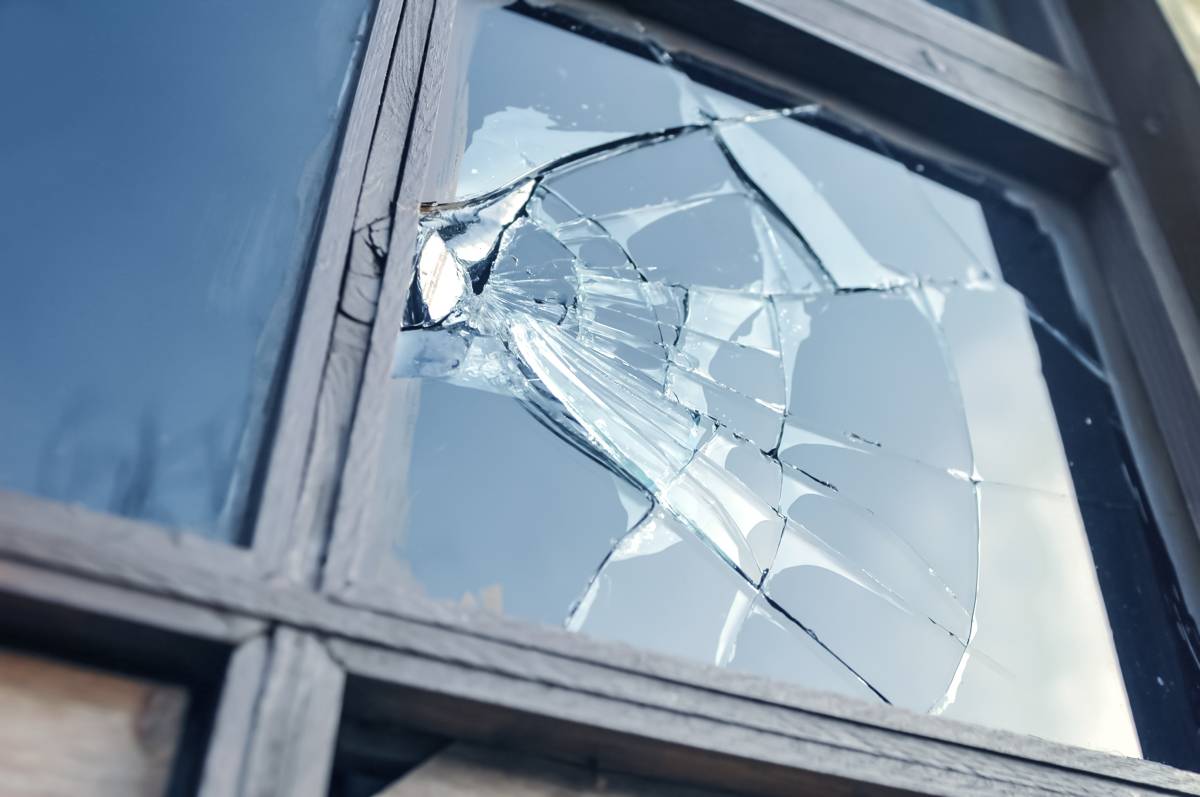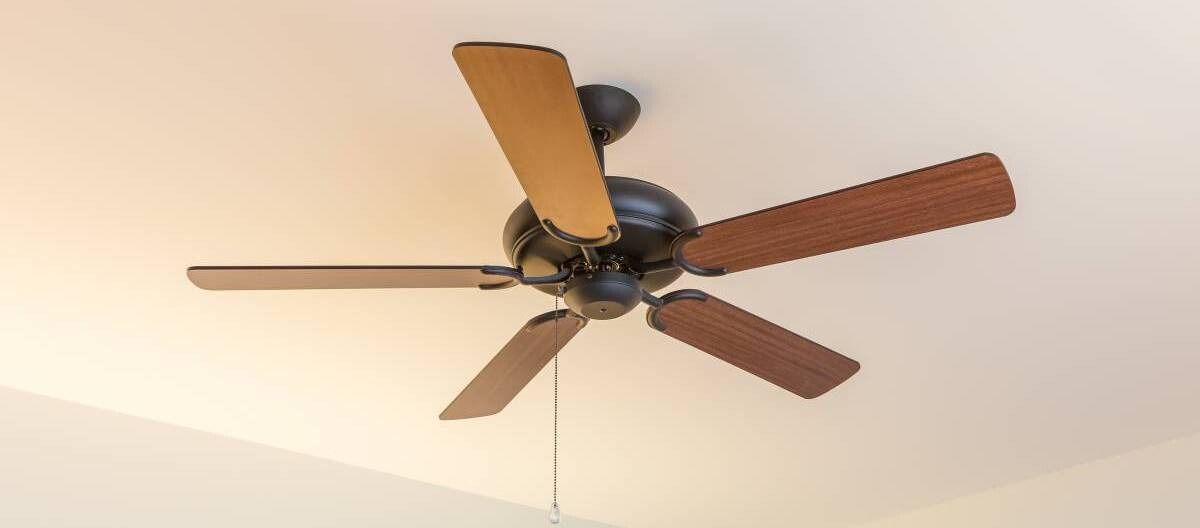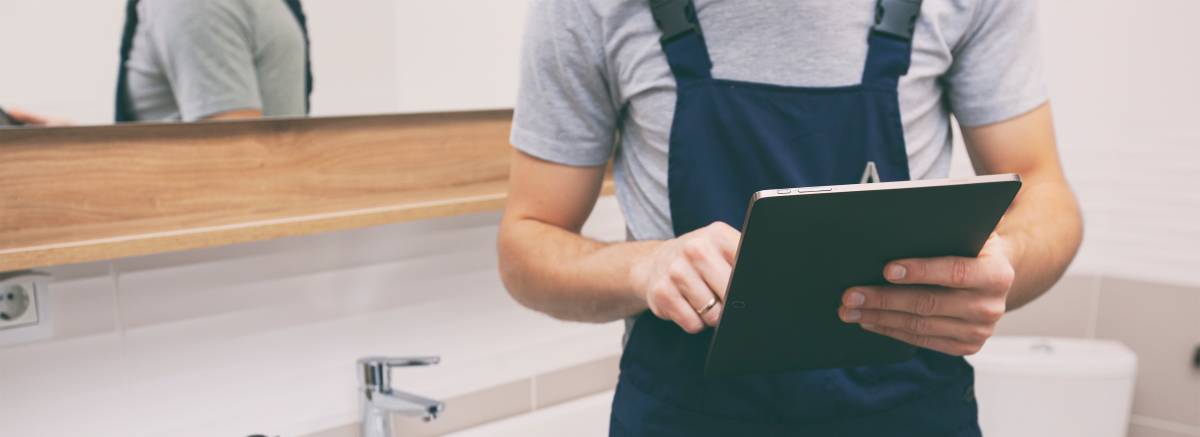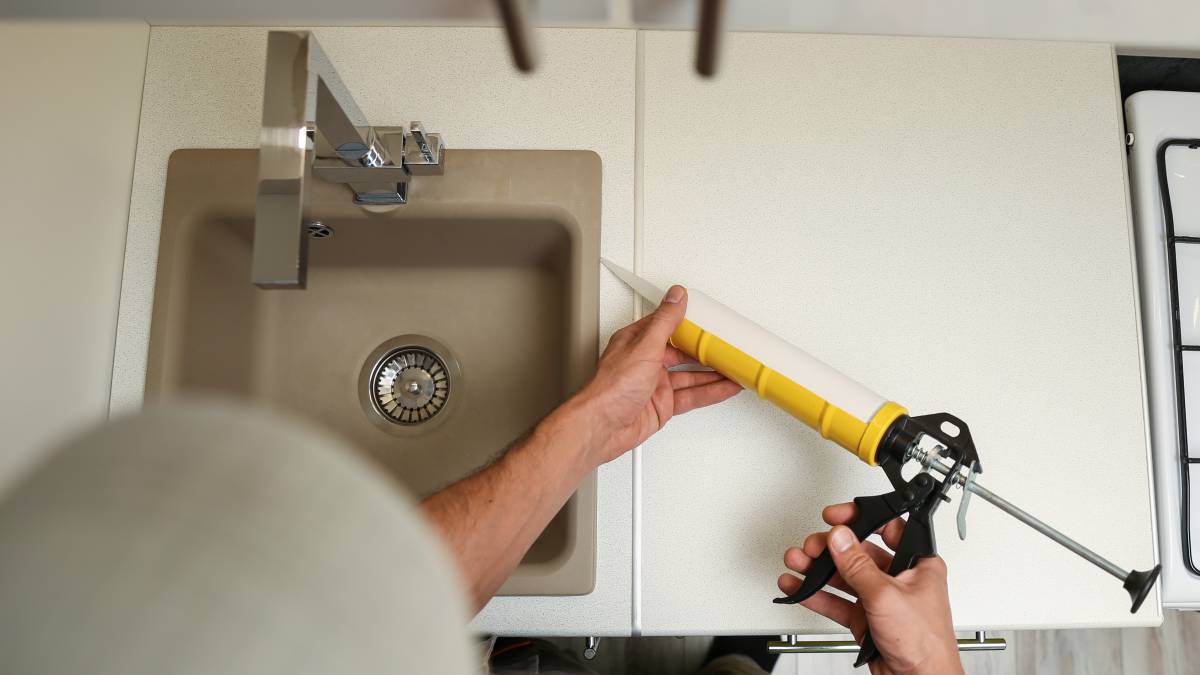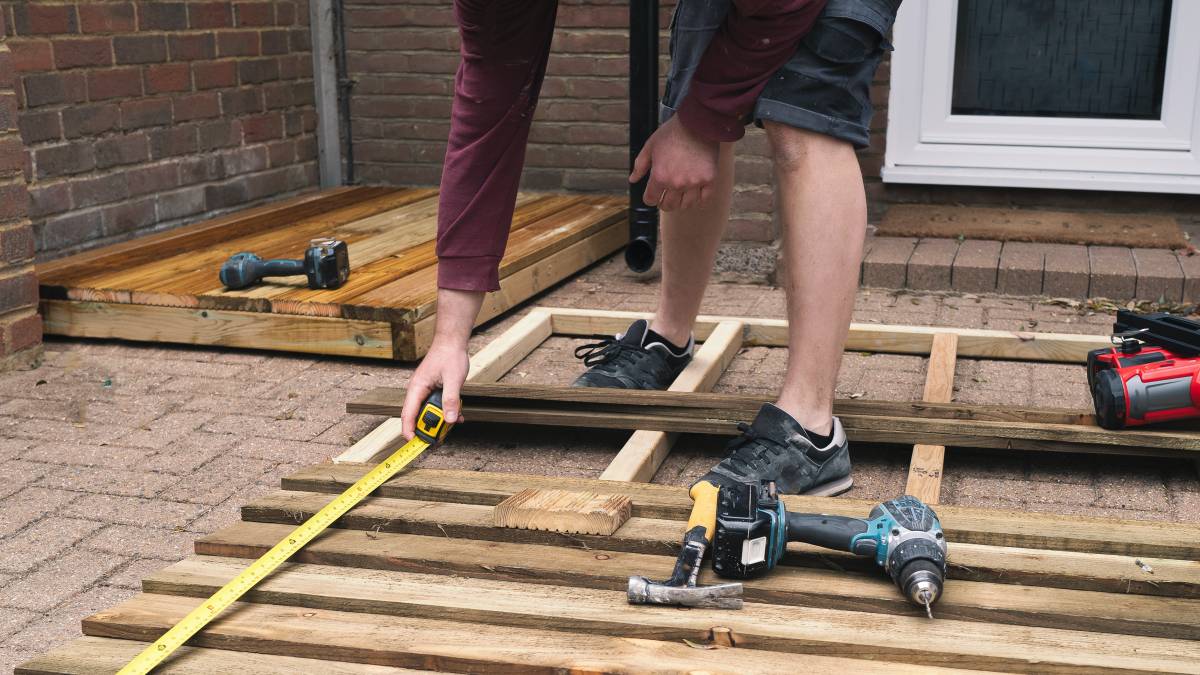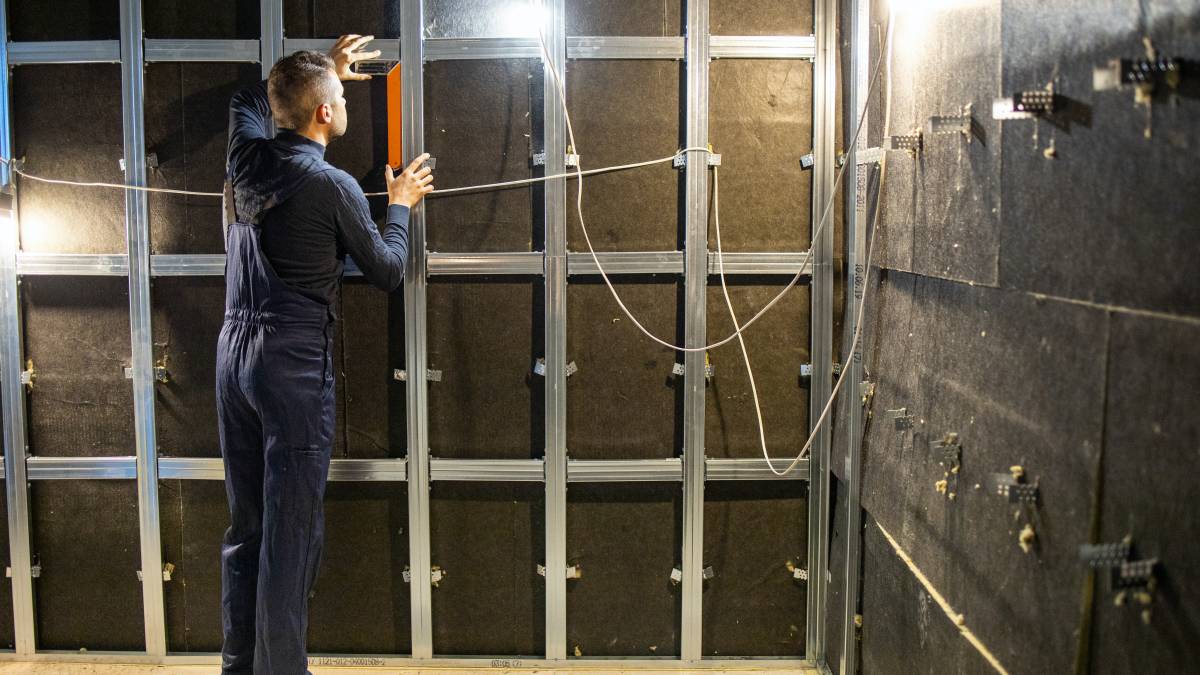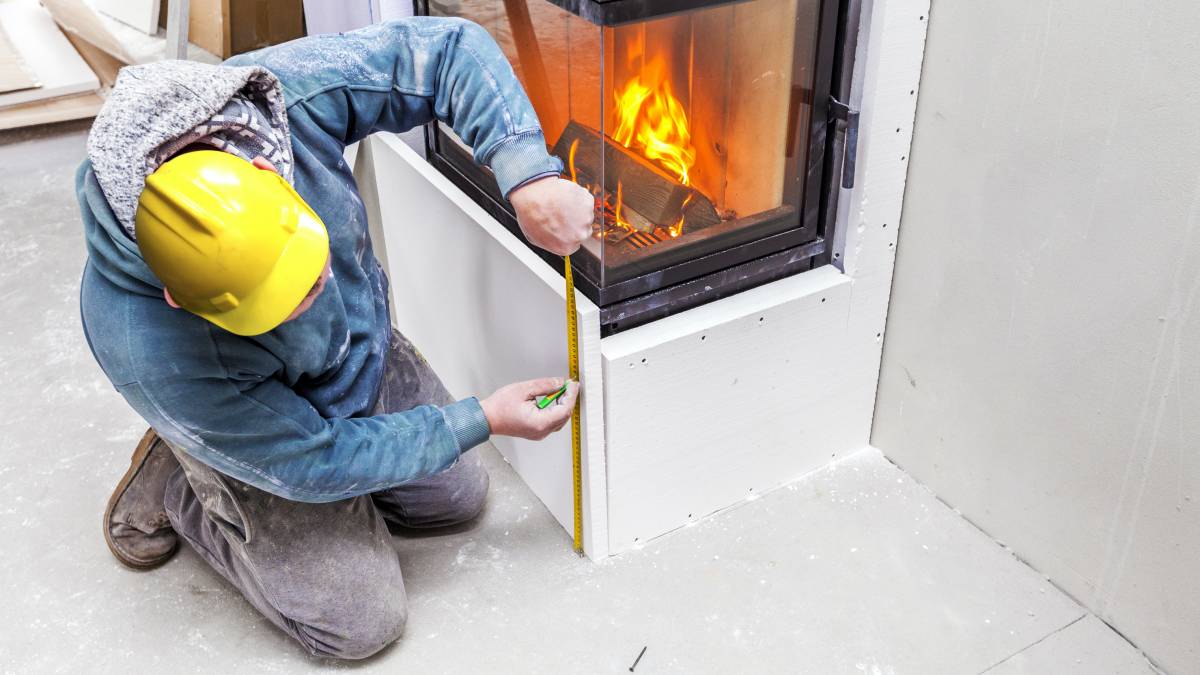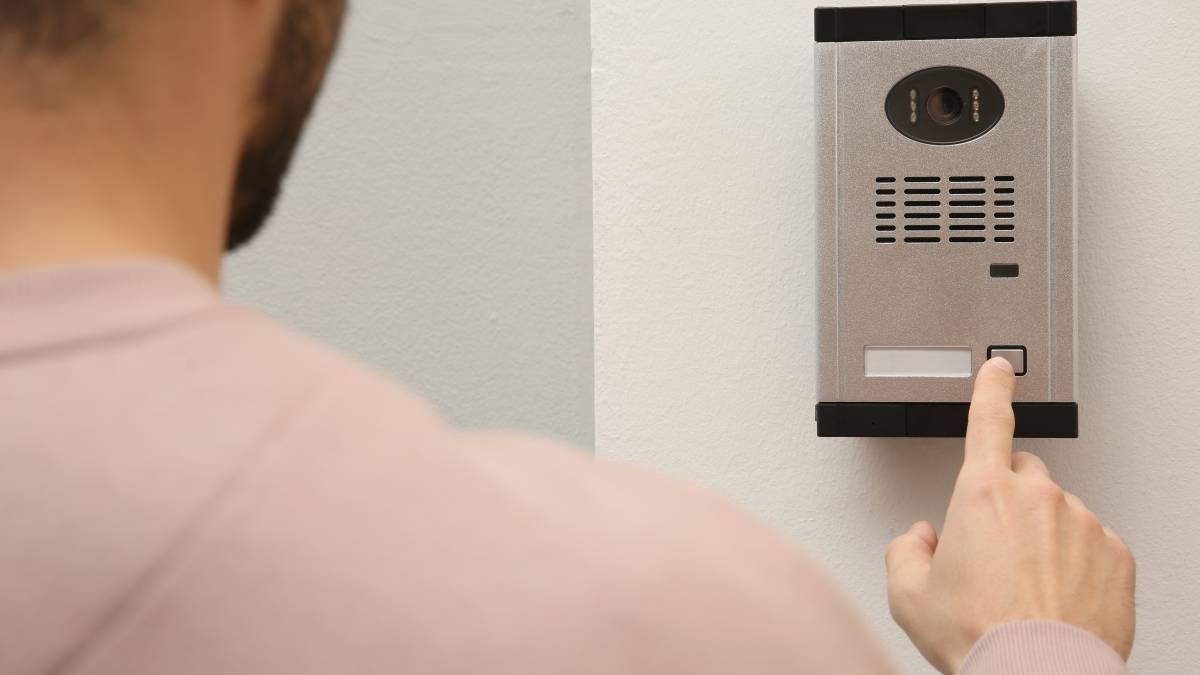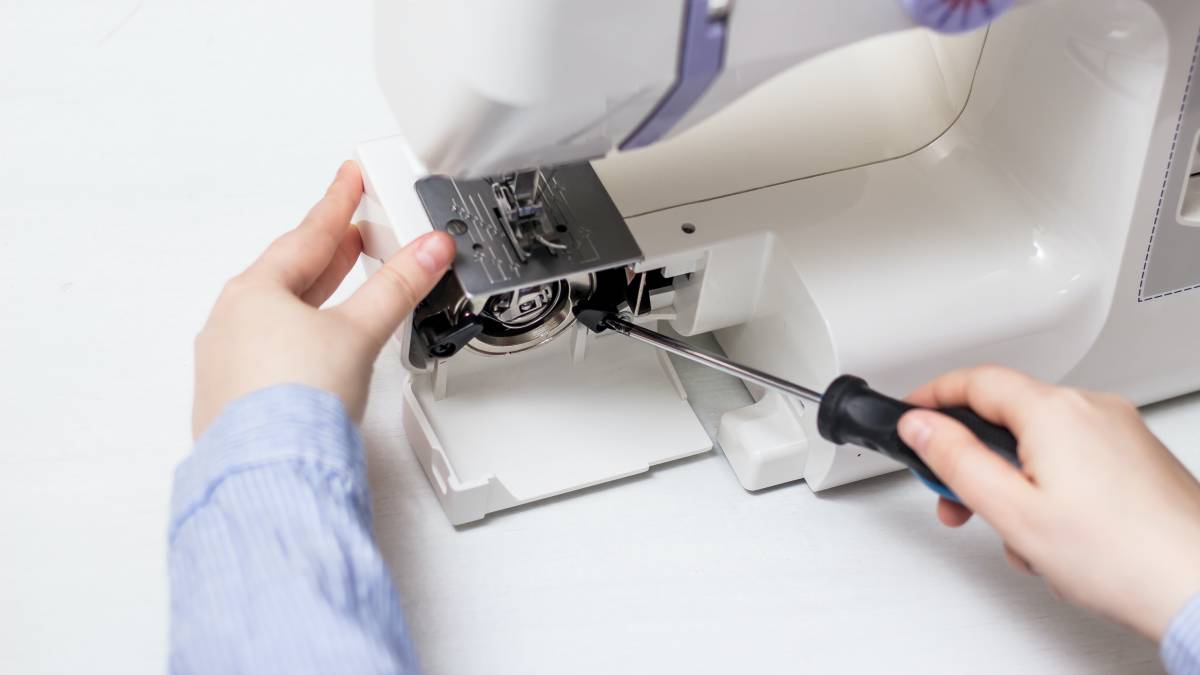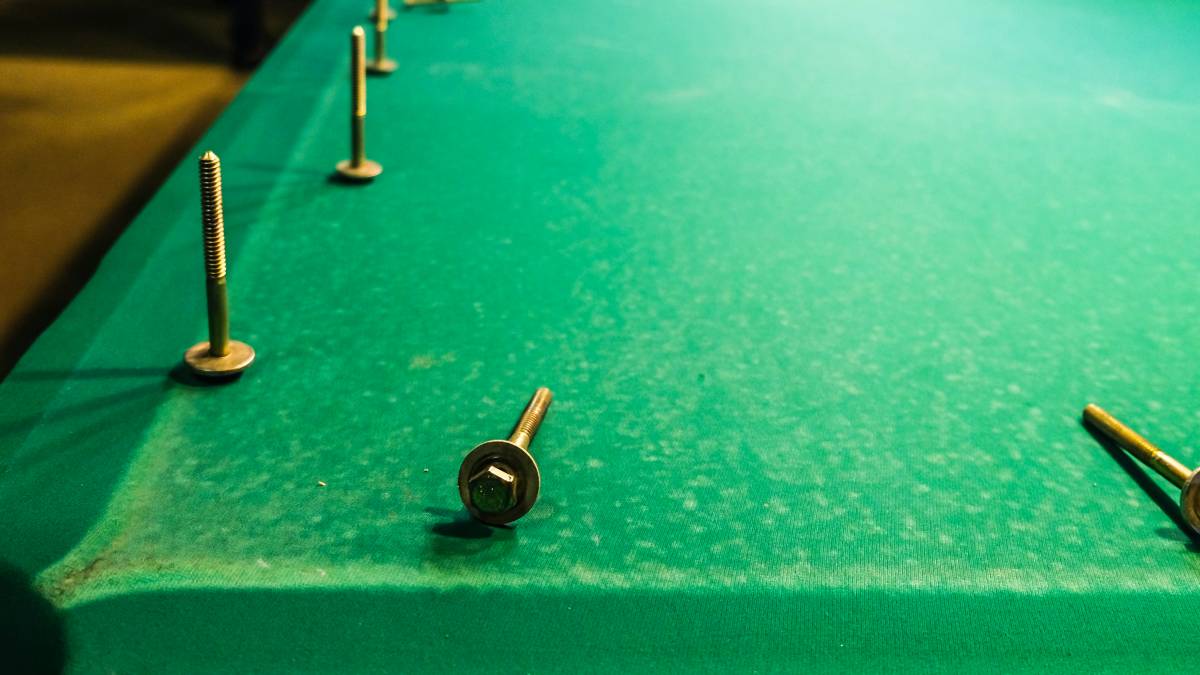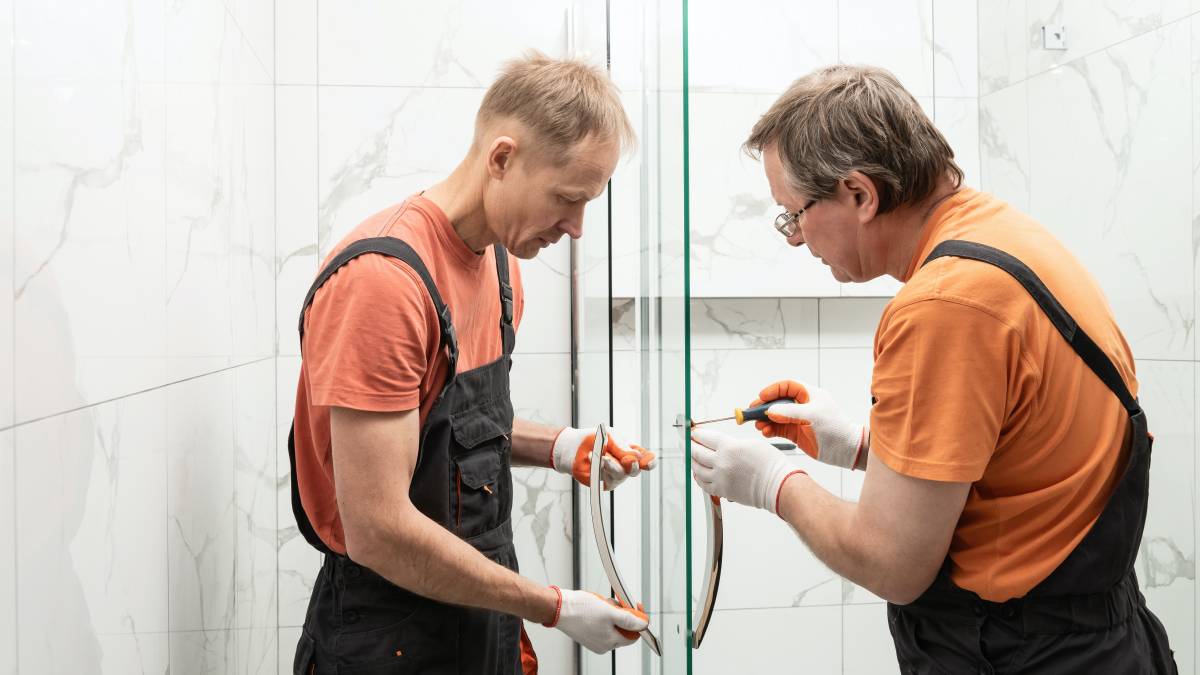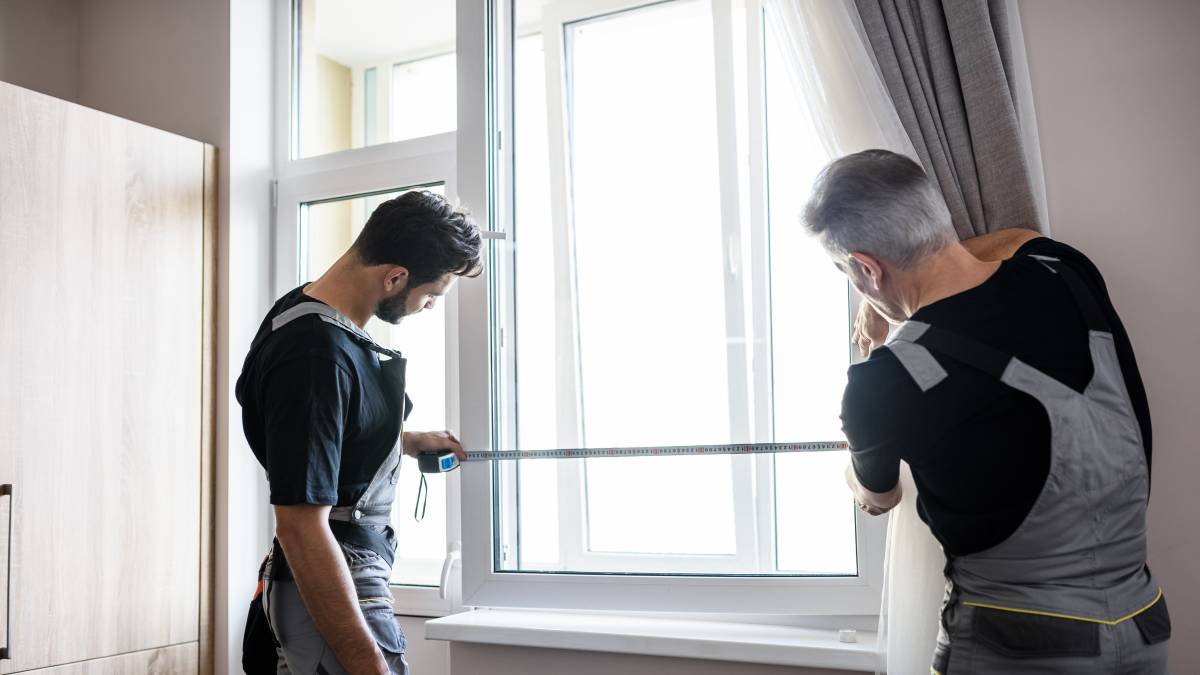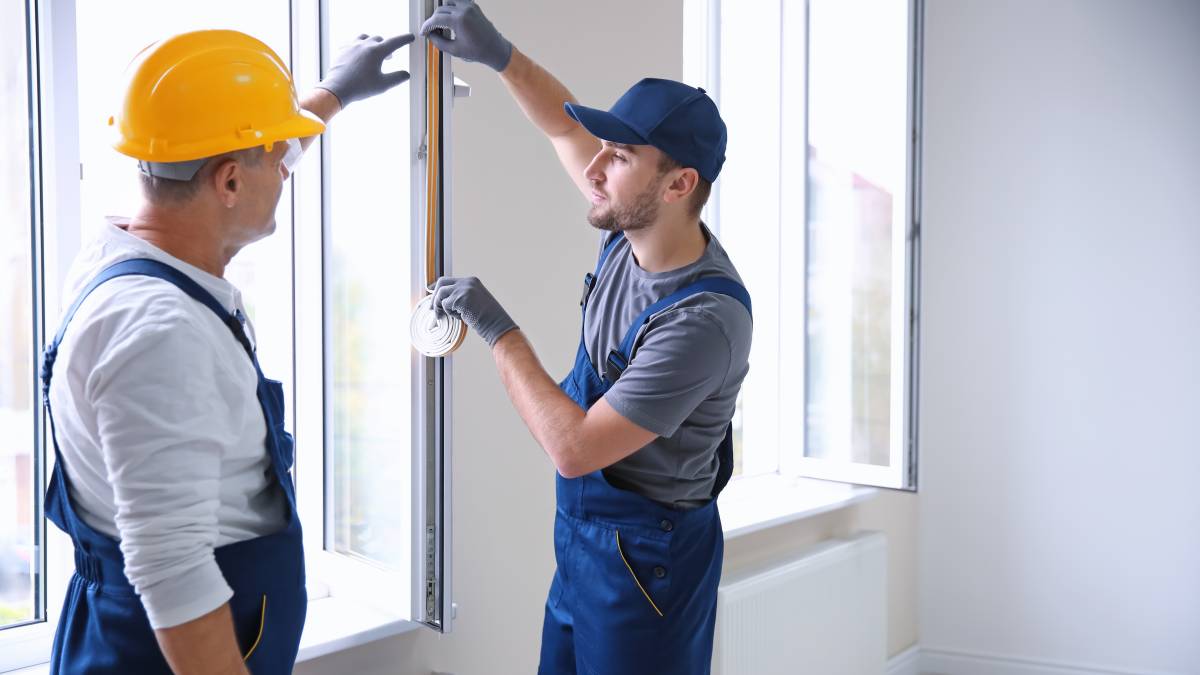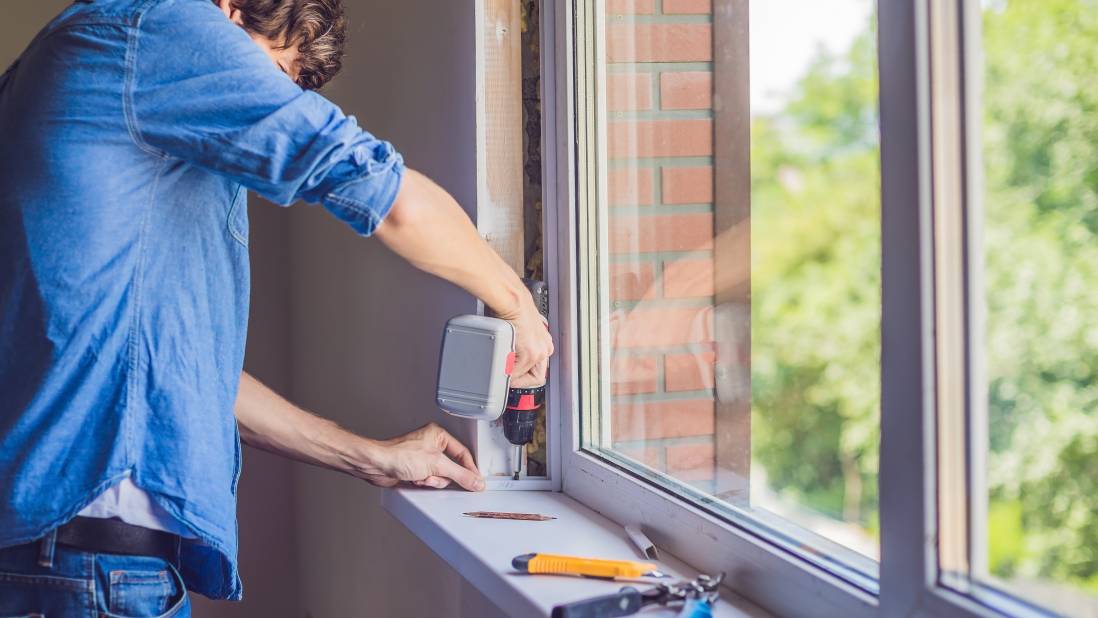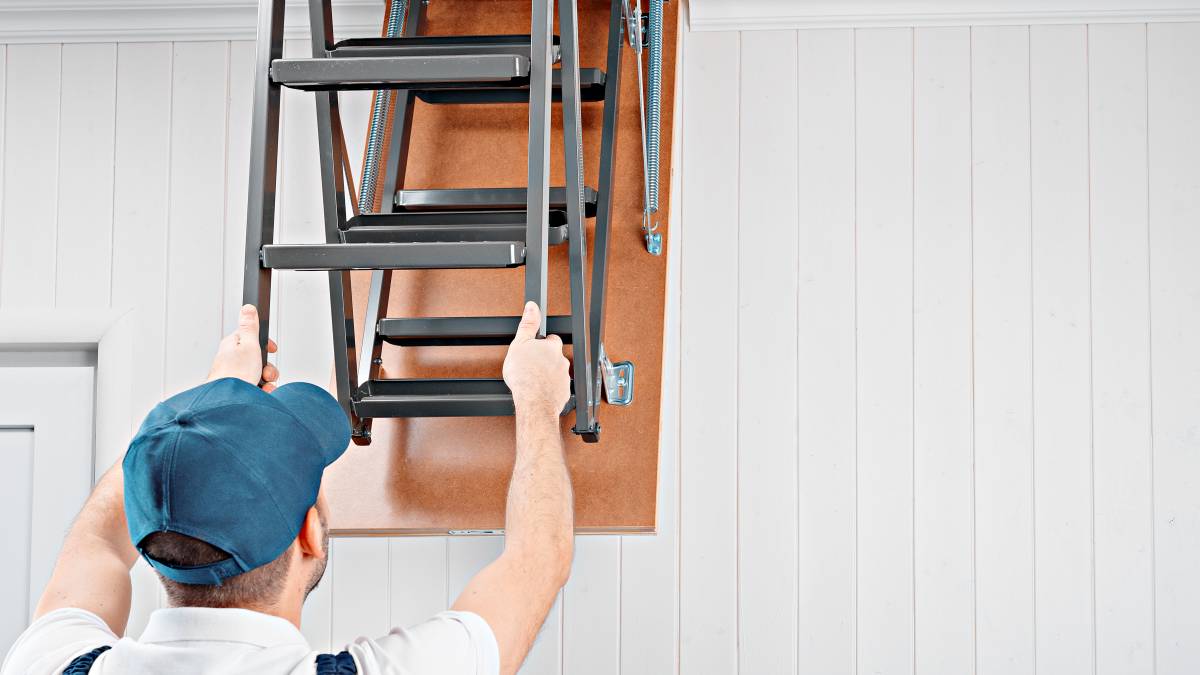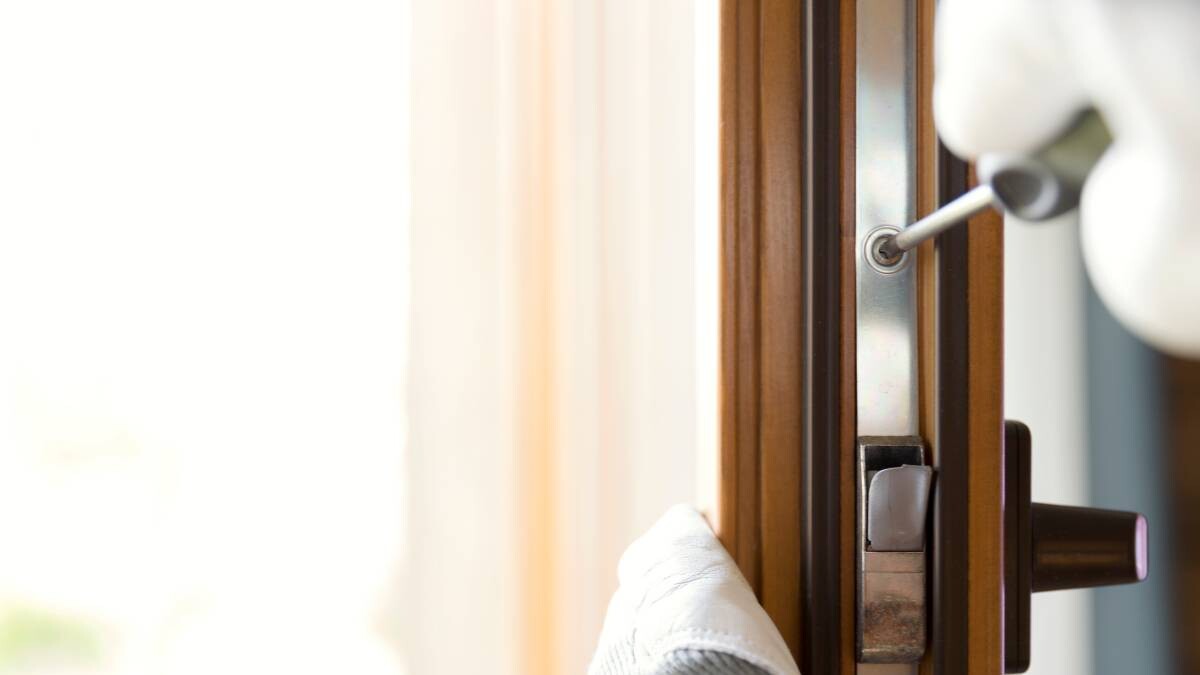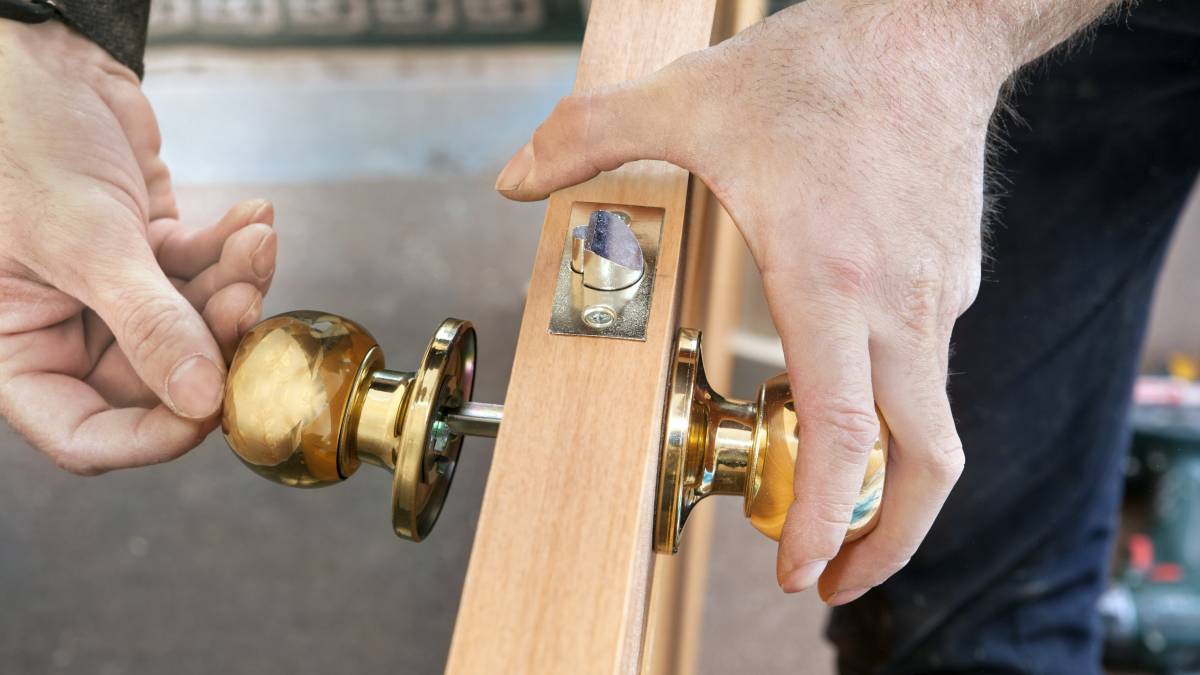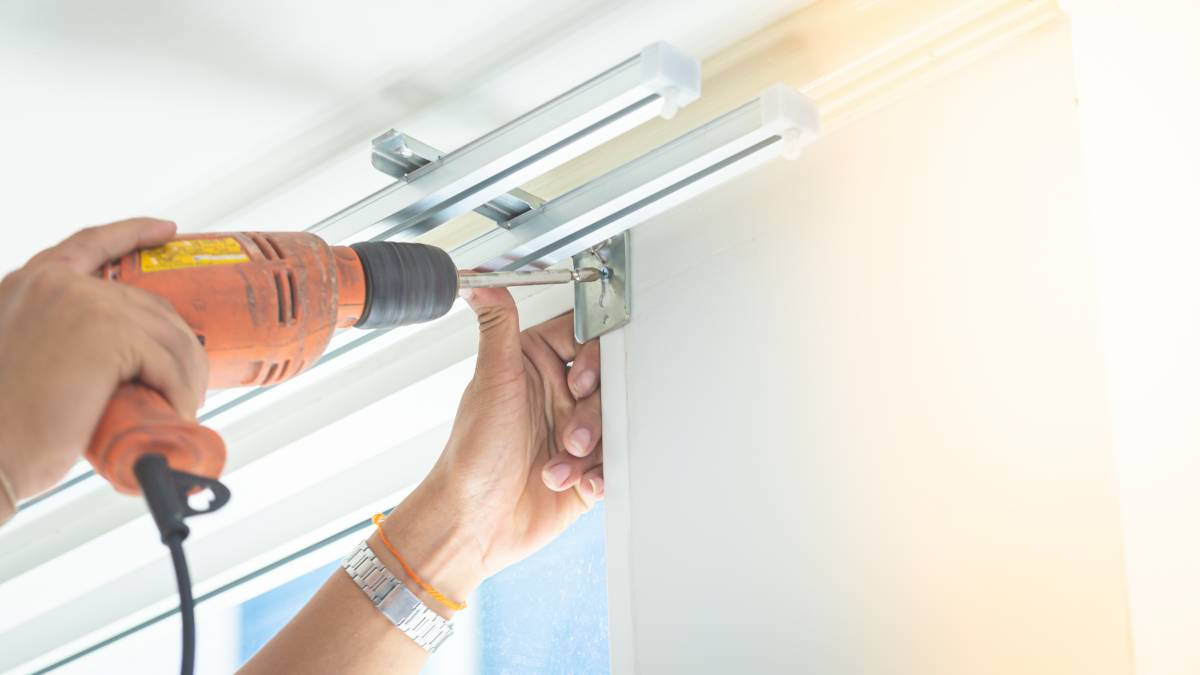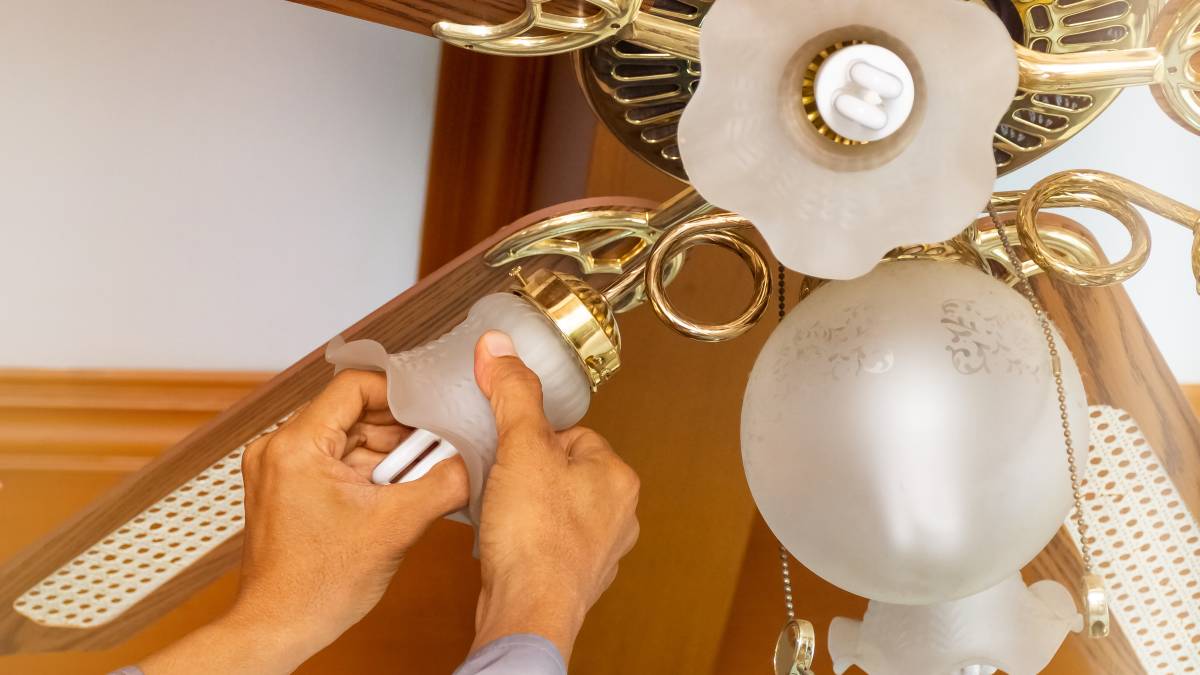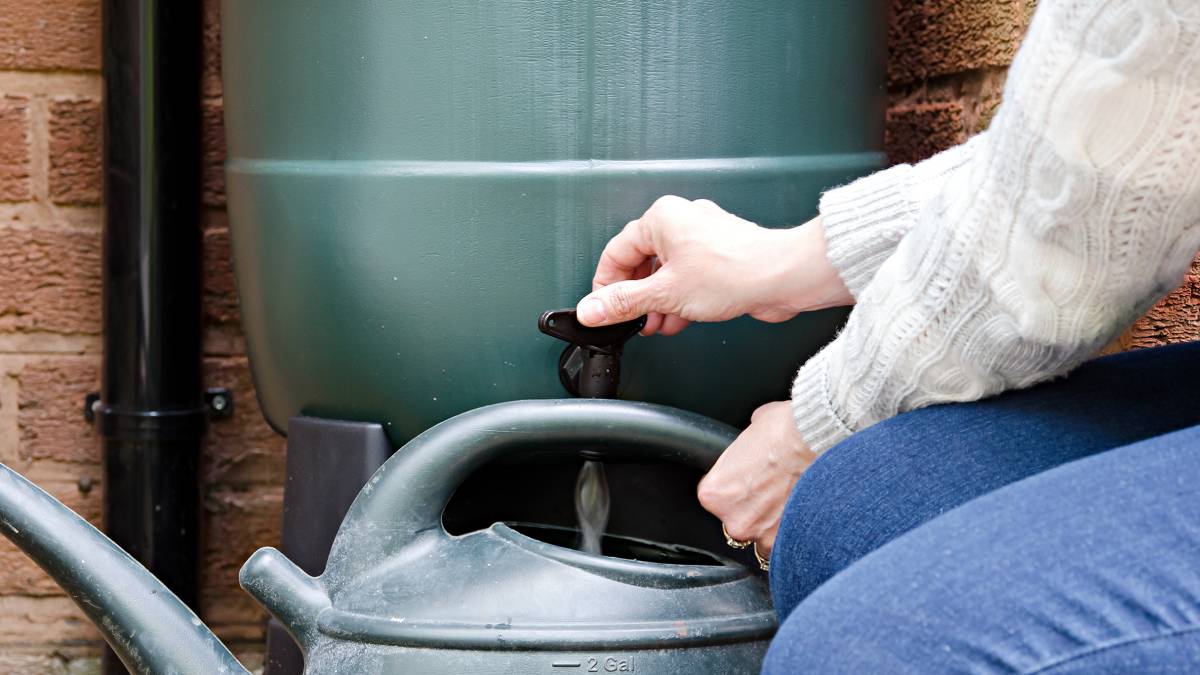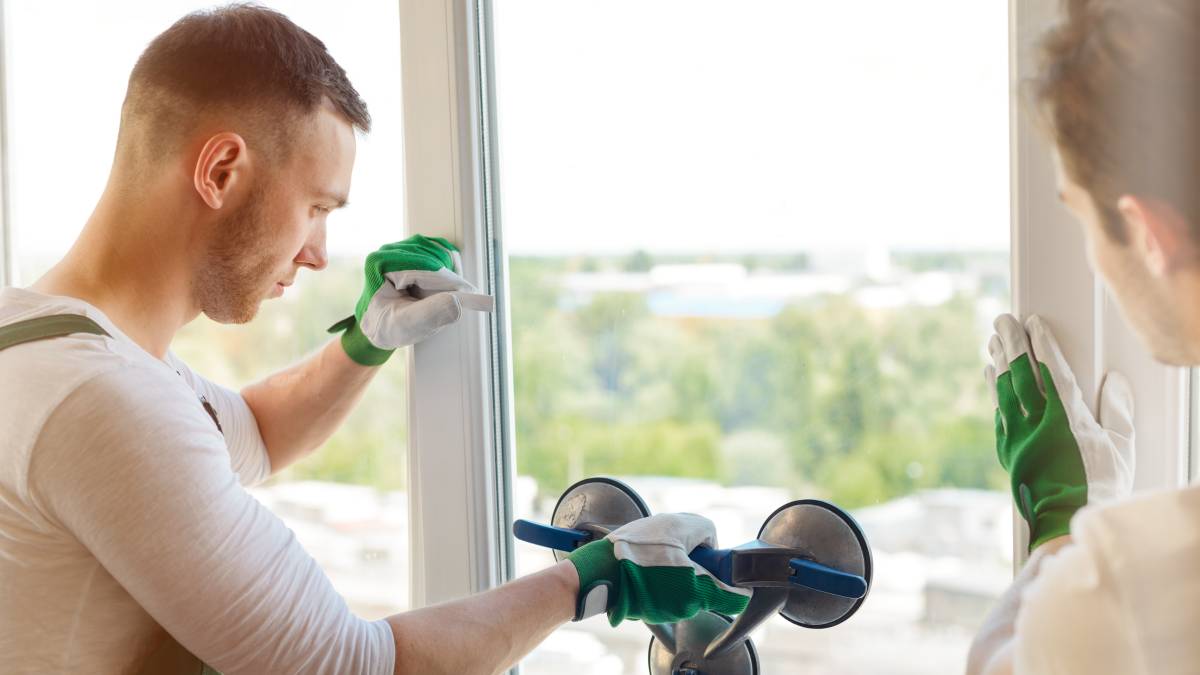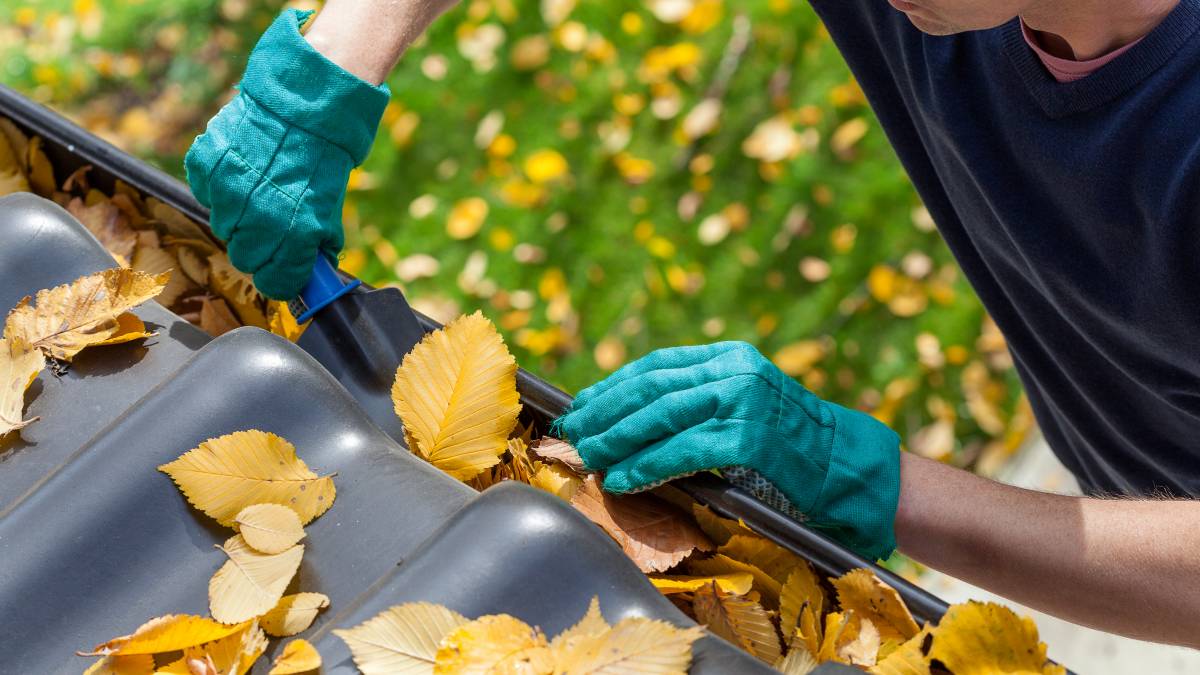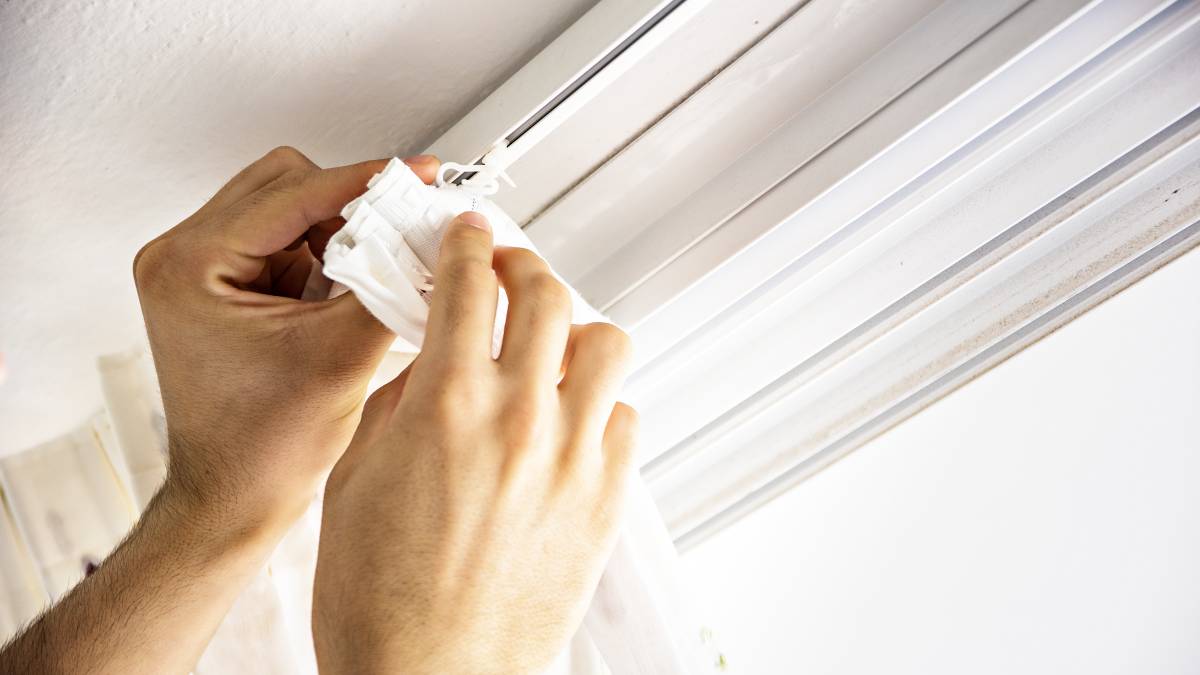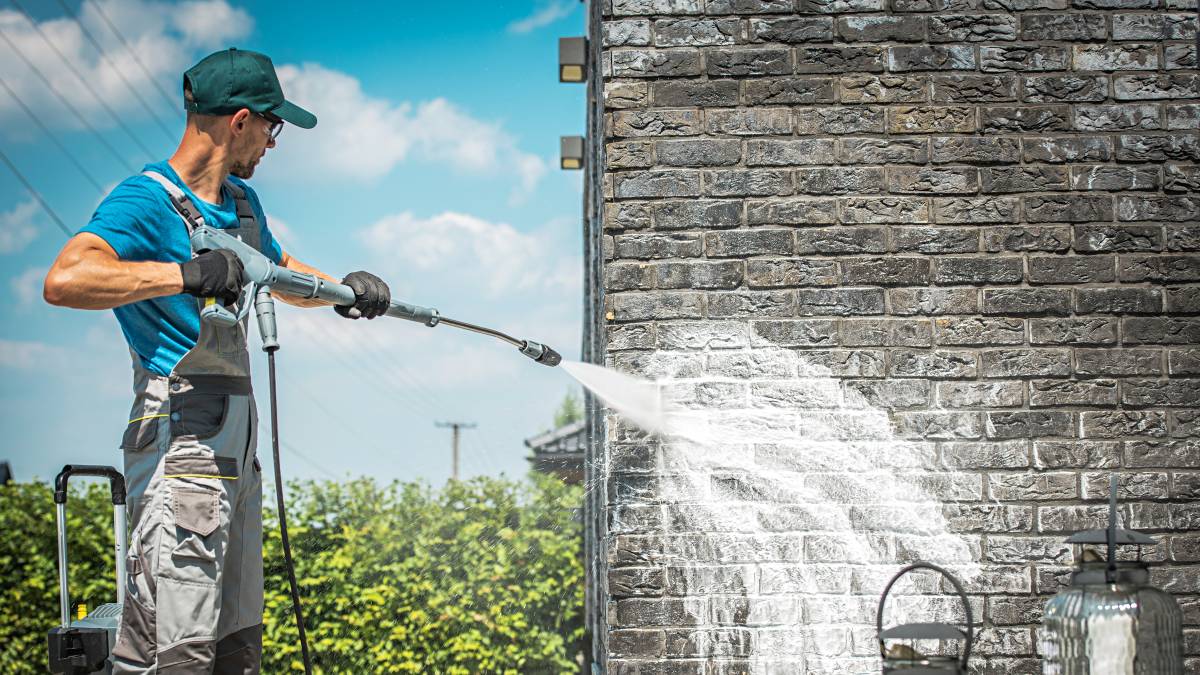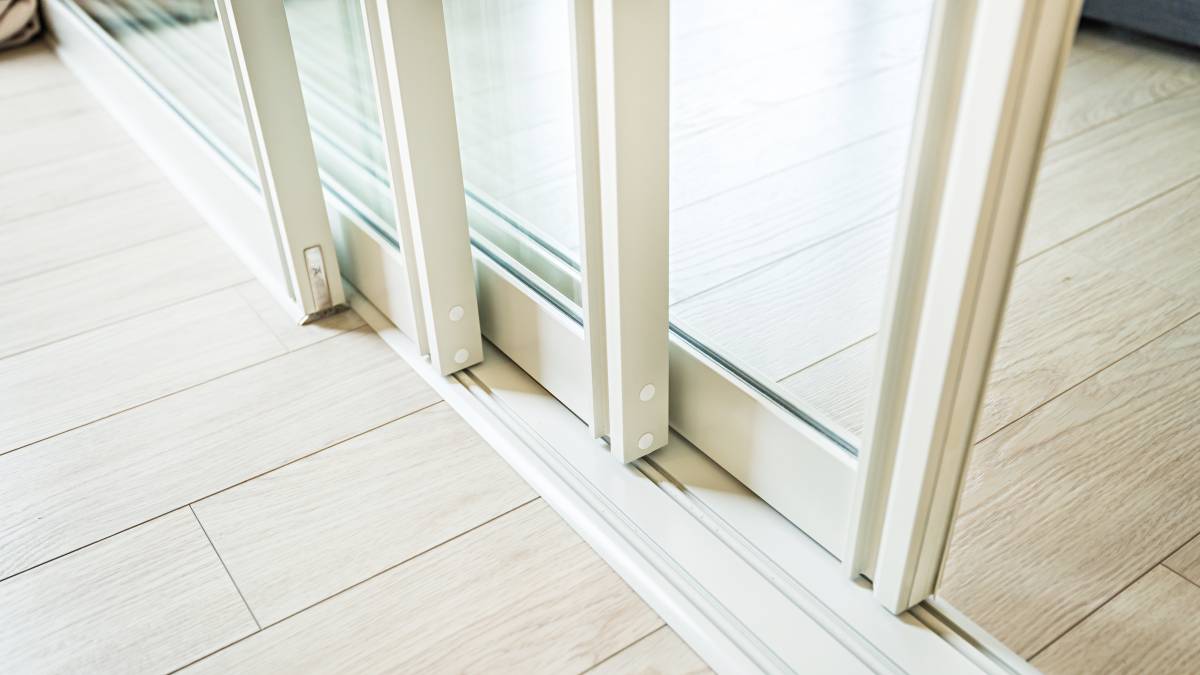- Home/
- Guides/
- Pressure Washer Repair/
- Pressure Washer Troubleshooting
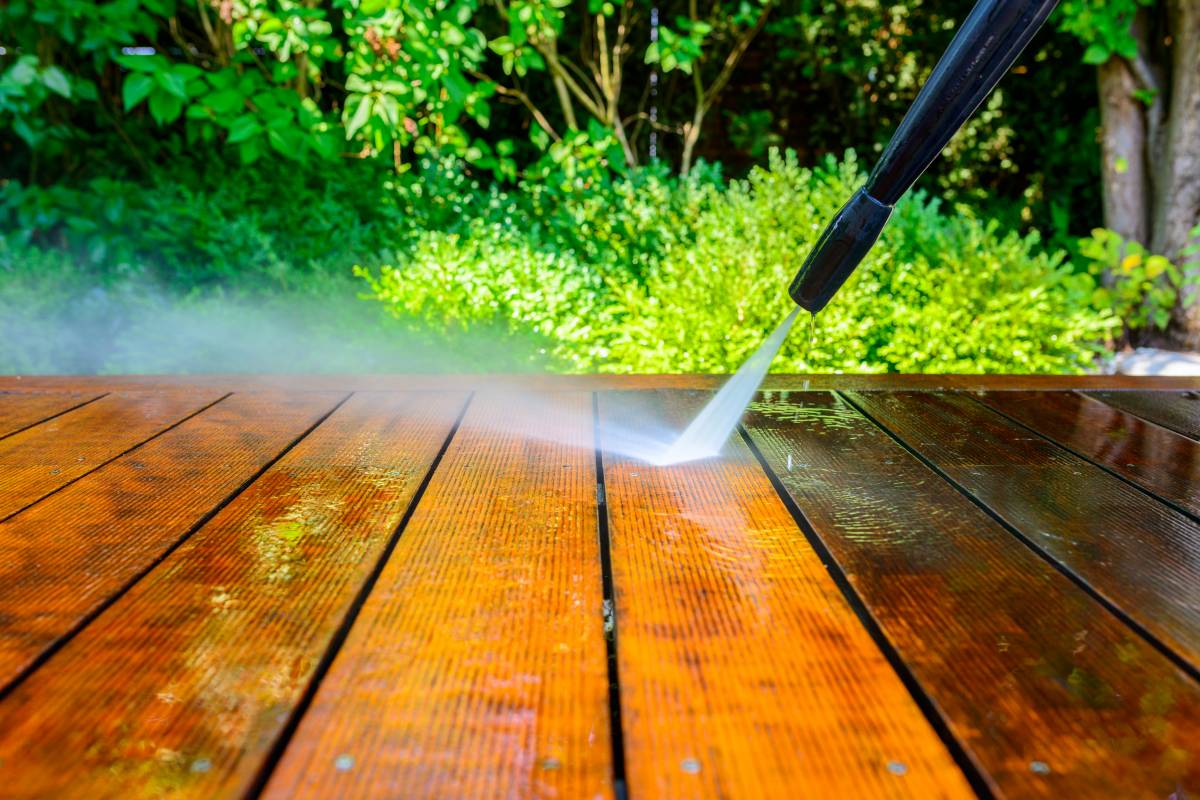
Quick hacks for pressure washer troubleshooting
Pressure washer acting up? Here are some troubleshooting and maintenance tips to avoid common issues.
Get help with your pressure washerLast Updated on
If your pressure washer is your go-to machine for deep cleaning, you’d want to keep it running smoothly. While you can depend on your machine for heavy-duty tasks like cleaning large outdoor spaces or getting rid of tough stains, knowing basic pressure washer troubleshooting and maintenance will come in handy if you encounter any hiccups.
Getting ready to deep clean your deck, driveway, or cement yard, or looking for a quick and precise way to clean your vehicle? Keep the following tips in mind in case of any pressure washer problems.
Types of pressure washers
1. Gas
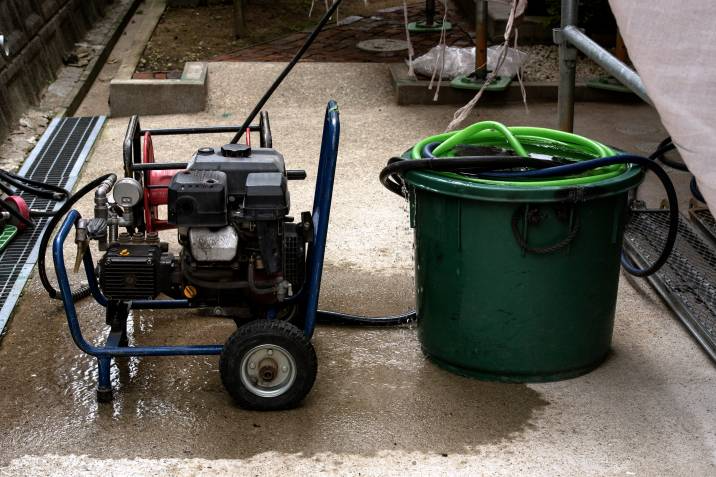
This type of pressure washer is best for deep cleaning, as it delivers higher pressure. The downside is they are typically noisier, clunkier, and just like any tool that operates on an engine, at risk of overheating. It’s often used for:
Deep cleaning driveways, decks, or cement yards
Heavy-duty stain removal
Keeping work areas in production facilities clean (industrial type)
Cleaning large vehicles
Cleaning the exterior of your home, including awnings
2. Electric
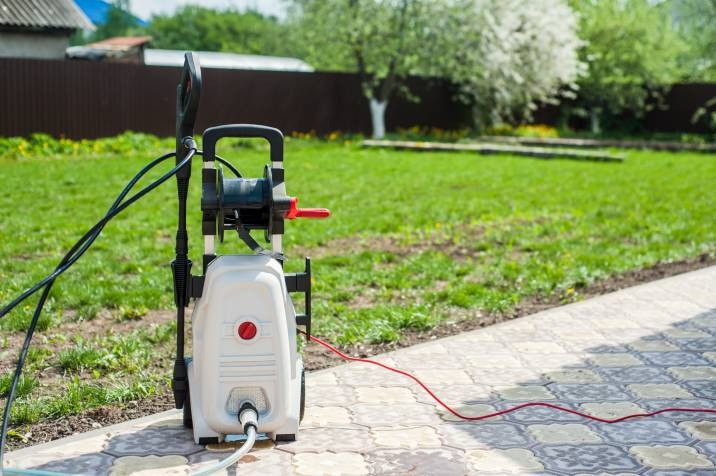
Typically smaller than gas pressure washers, electric models produce lower pressure that’s fit for regular cleaning rather than stain removal or deep cleaning. Because of lower pressure, they can be used for longer periods—but keep in mind that you’d be restricted to the length of its power cord and hose. Some most common uses are:
Cleaning wood decks, outdoor furniture, and pathways
Cleaning windows and fencing
Deep cleaning miscellaneous gear, like lawn mowers
3. Battery-powered
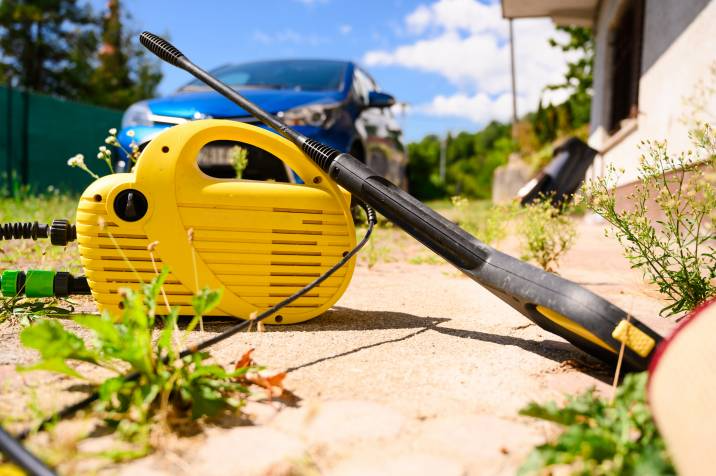
A battery-powered pressure washer is a compact tool that produces less pressure, so they’re great for lighter-duty tasks. Because it’s portable, you can virtually use it for anything—but keep in mind that it shouldn’t take the place of a full-size washer if you need deep cleaning. A battery-powered pressure washer can be used for:
Cleaning tiled bathrooms and showers
Cleaning sports equipment, from bikes to golf clubs
Flushing out gutters
Common pressure washer issues and what to do
Depending on the type you use, you might encounter instances when your pressure washer won’t work properly. Before handing it off to a professional for service or repair, simple maintenance and simple troubleshooting might do the trick.
Pressure washer won’t start
There may be several culprits in this case. The first thing you want to do is ensure that your pressure washer is in good condition to run. For gas pressure washers, that means checking that you’re not out of gas or engine oil and that the engine is switched on.
If you’re using an electric variety, verify that the pressure washer is plugged in appropriately to the source—you may just be dealing with a loose plug (or maybe a faulty outlet).
Meanwhile, if your battery-powered pressure washer isn’t working, you may have to recharge or replace your batteries and clean the connection.
A few more steps you can take to resolve this issue include:
Squeezing the trigger gun to release any pressure that has built up in the system.
Opening the fuel valve and choke in case of any blockages
Reconnecting a loose spark plug
Cleaning the carburettor in case it’s clogged
Pressure washer stops while in use
This is likely because your gas pressure washer needs to be refilled with oil or a dirty air filter needs replacing. Meanwhile, if you encounter this while using your electric pressure washer, check to see if the voltage is within the motor’s specified range.
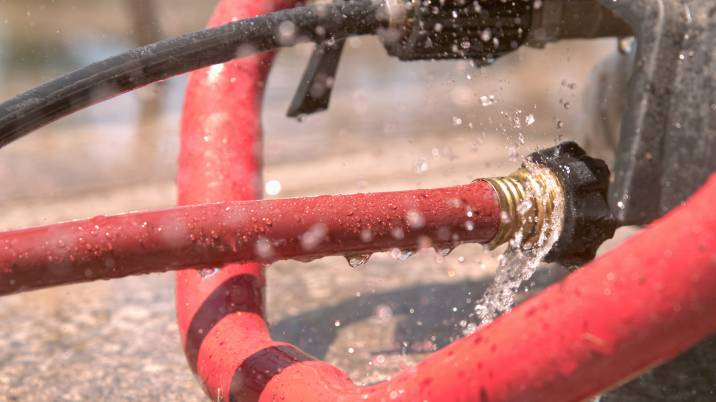
Water leaks
Do you notice water leaking out of the machine’s pump or spray wand? Check if there are any broken or loose seals and bolts. If the leak comes from the pump, also check the thermal release valve—if this is activated, it might cause water leaks. Wait five minutes before use so the thermal release valve cools down enough.
If the water leaks come from the spray wand, the o-ring inside the hose connection may have been damaged. In this case, getting it replaced should eliminate leaking.
Low to no pressure
Is the pressure washer not building pressure or not producing water output? It can be a cause of stress if your machine isn’t helping you clean as it should.
First, you want to check that you have enough water supply and that water flow isn’t being restricted—look for signs of any clogging, leaks, or kinks in the hose you’re using. You also want to inspect other parts of your pressure washer that could be blocked such as the inlet, spray gun, and nozzle. You may have to clean them if you find any debris.
A dull or worn nozzle, or one that isn’t the right fit for your pressure washer, may also reduce pressure so ensure that it’s attached properly or replace it if necessary.
Pulsing pressure
Another pressure-related problem you might face is when your pressure washer pulsates. It might be that there’s air in the system—in which case, you simply need to press the trigger on the spray gun until you see a consistent flow of water.
Pulsing pressure may also be due to obstructions, whether in the inlet, nozzle, or gun. A thorough cleaning of these parts should clear this up.
You might also have to adjust the power if you notice your engine or motor is fluctuating. Lastly, this issue might come down to a faulty or damaged pump. Your pressure washer should be serviced for the pump to be repaired or replaced.
Pressure washer care
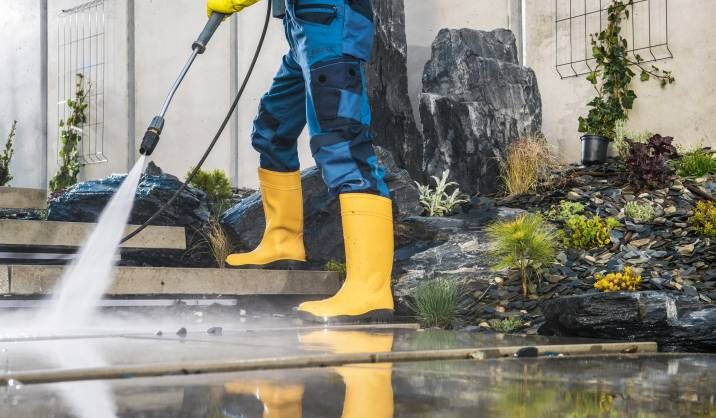
Especially if you’ve been using your pressure washer for some time, there are some issues you’re bound to encounter. However, a few good practices can keep your machine running smoothly and minimise wear:
Release compressed air from the system. Run the machine until water stops flowing to purge compressed air.
Routinely check for any obstructions in nozzles, tubes, tanks, and hoses. It’s important to keep not only the exterior clean but ensure no debris could cause further damage later on.
Make sure to winterise your pressure washer by draining water and filling it with antifreeze before storage during cold seasons to keep the pump in good condition.
Take off the pressure in maintenance
If you’ve run into a serious issue while using your pressure washer, don’t delay. Book a professional to service your machine and get it back in great shape. Post a task today!
Related articles

How to Soundproof a Room
Read more
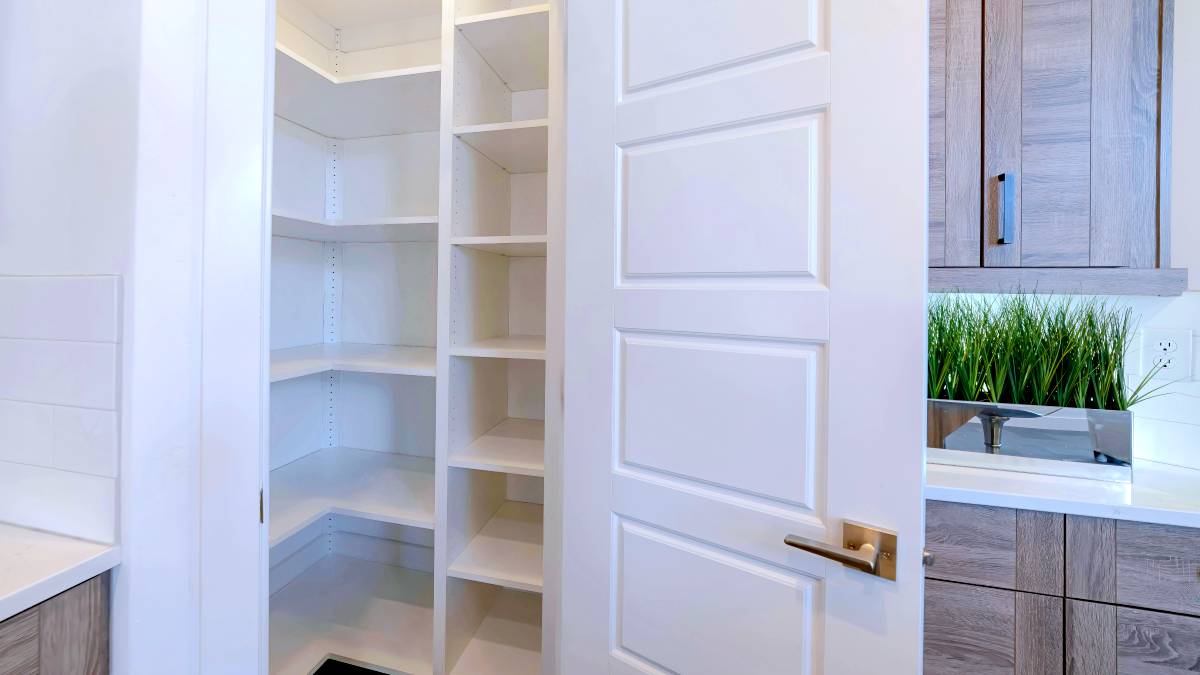
30 Lovely pantry door ideas
Read more
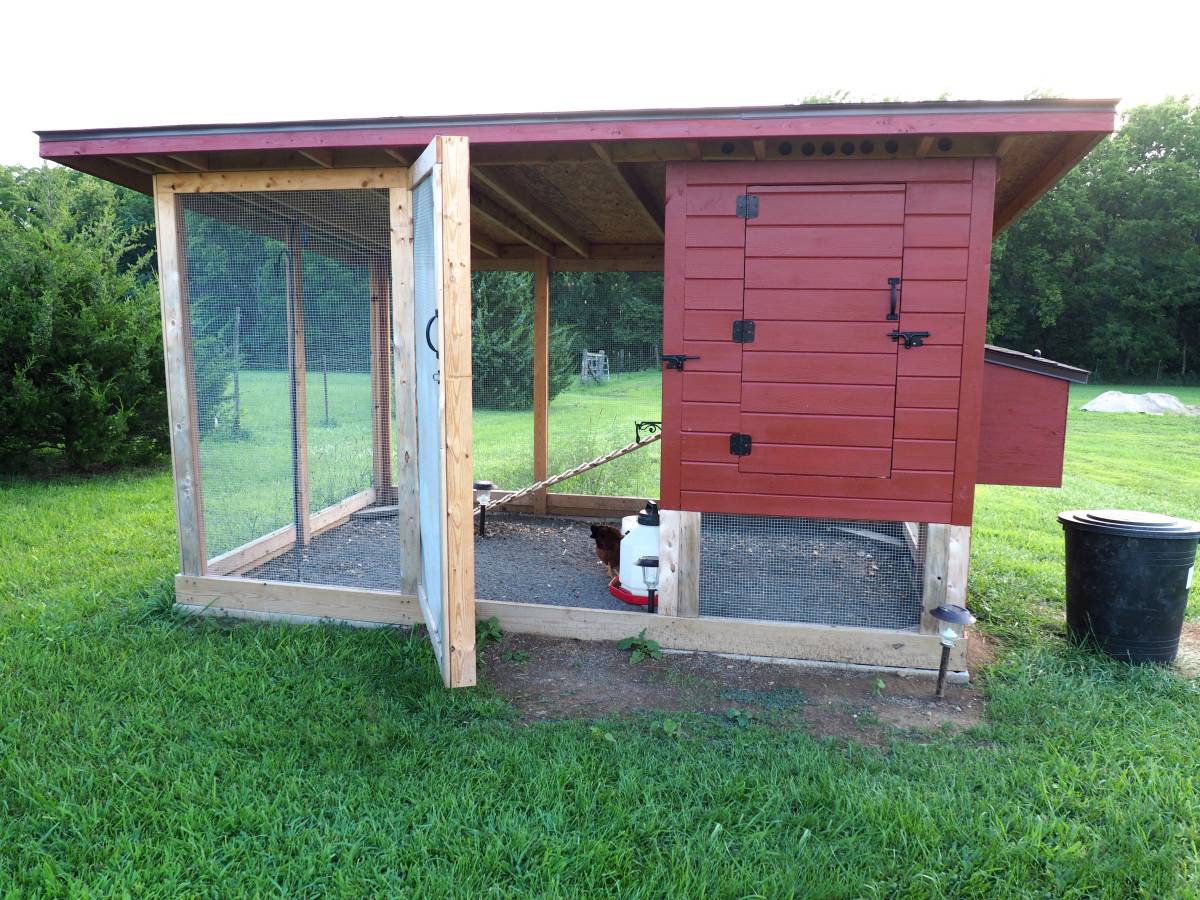
How to fox proof your chicken coop
Read more
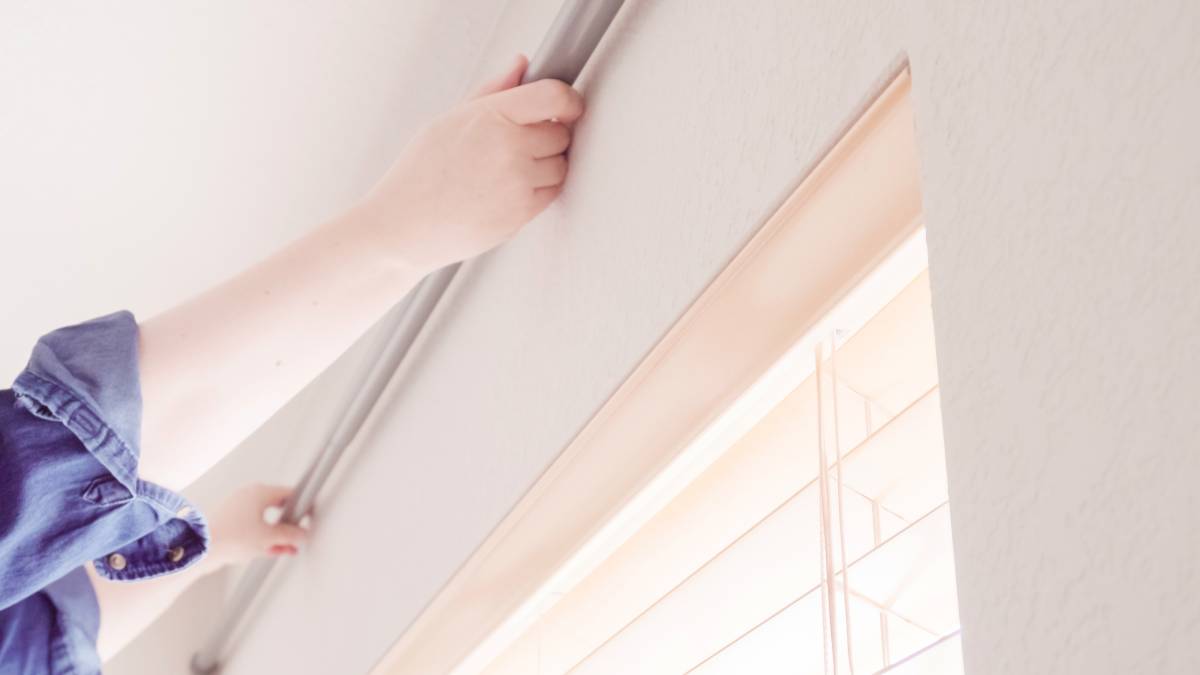
How to install curtain rods
Read more
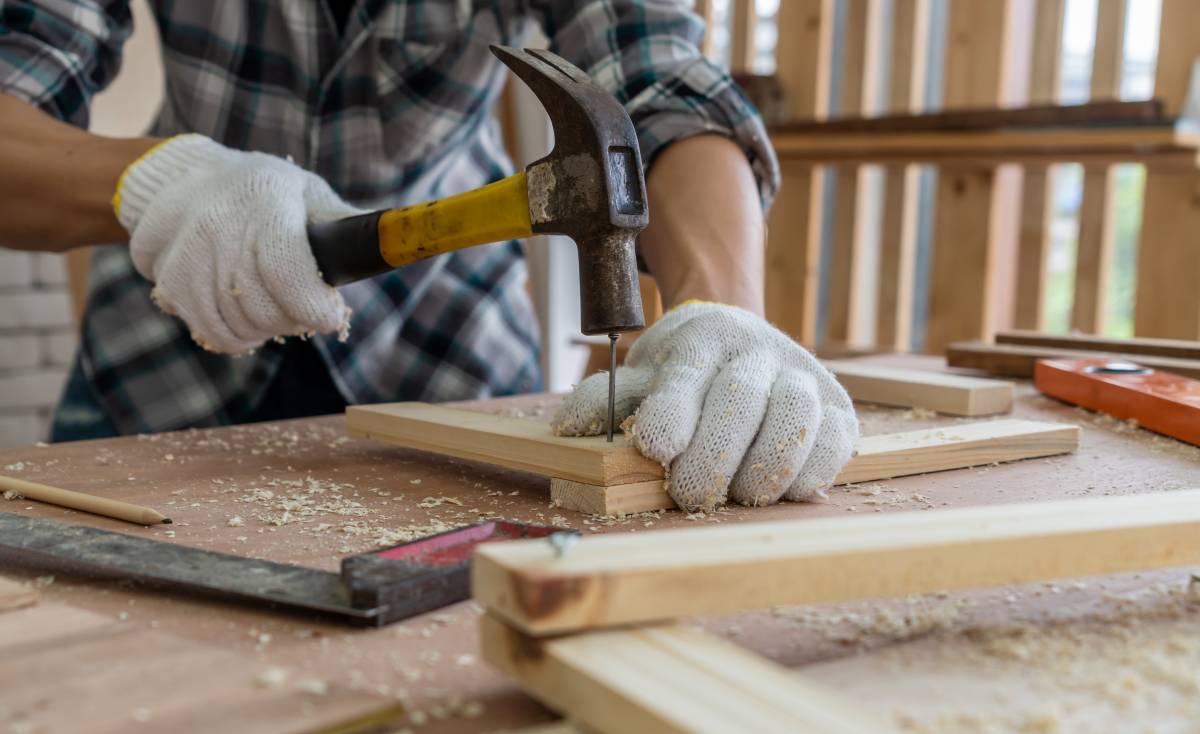
Best blue-collar jobs on Airtasker
Read more

Learn how to cut a mirror in 7 steps
Read more
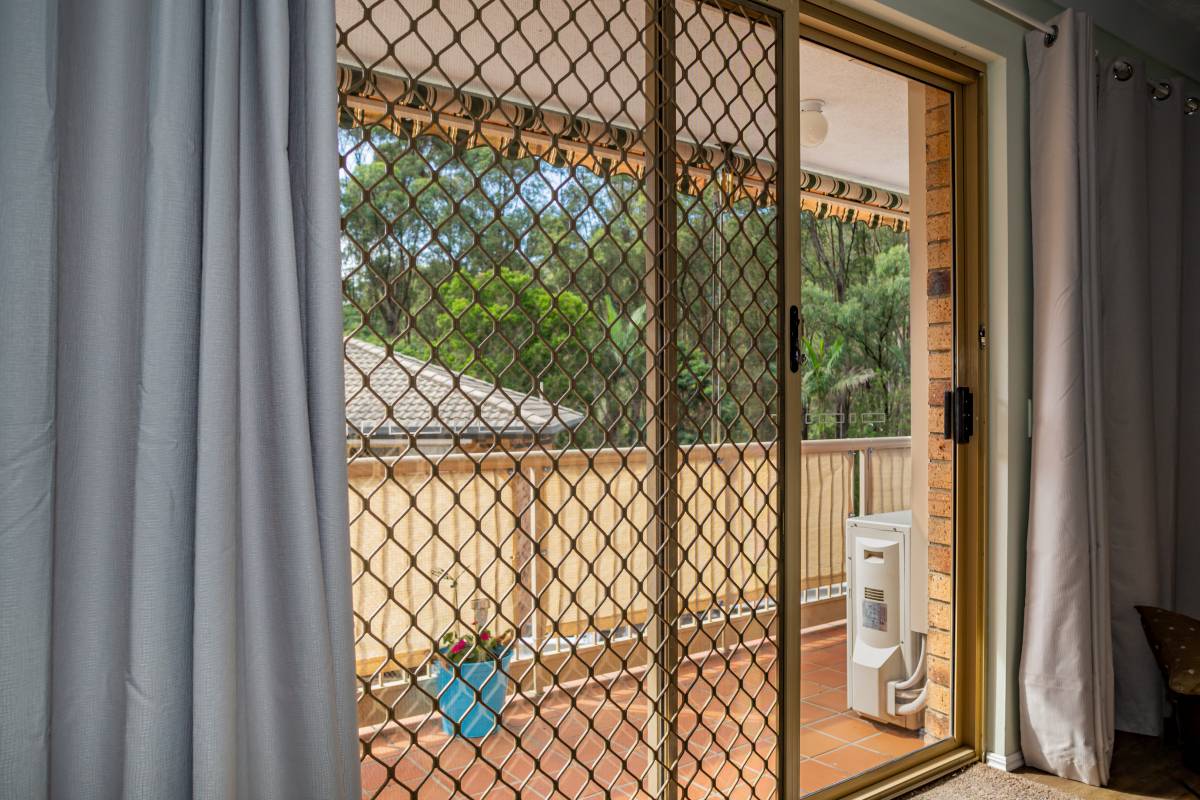
Install a screen door in 6 steps
Read more
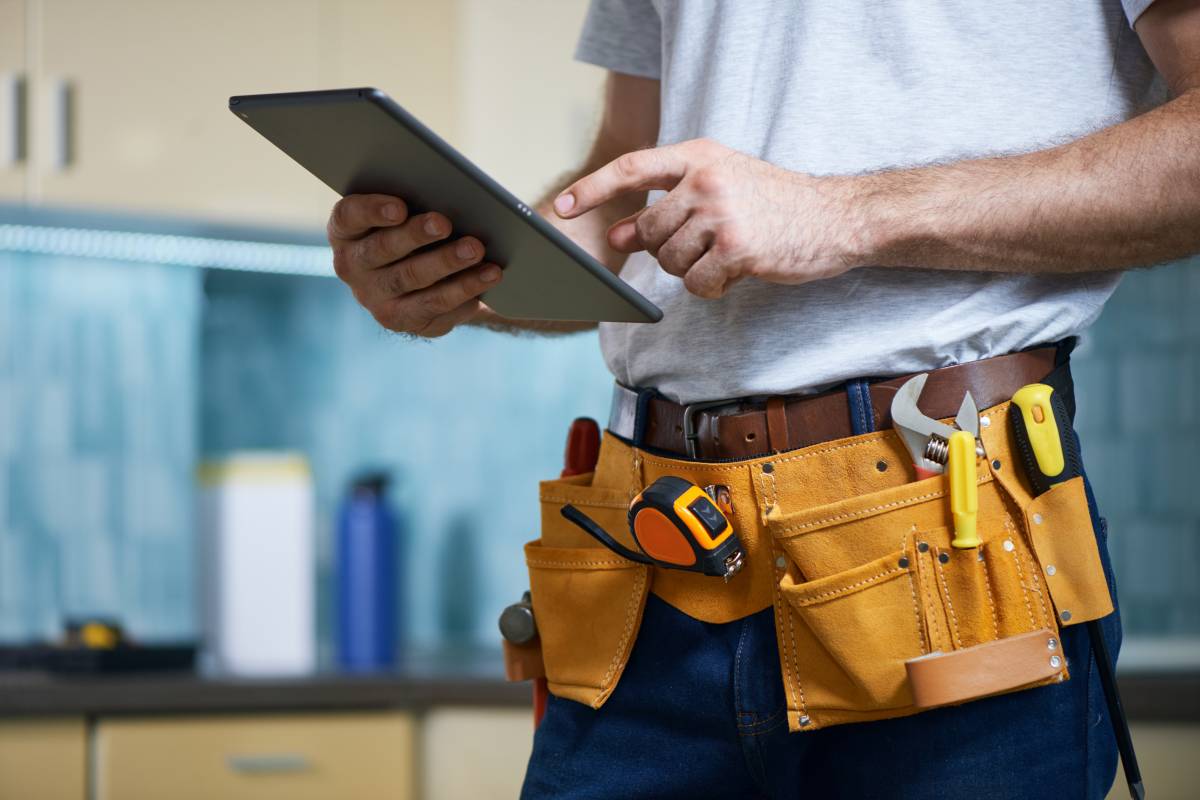
How much can you earn as a handyperson?
Read more
Related price guides
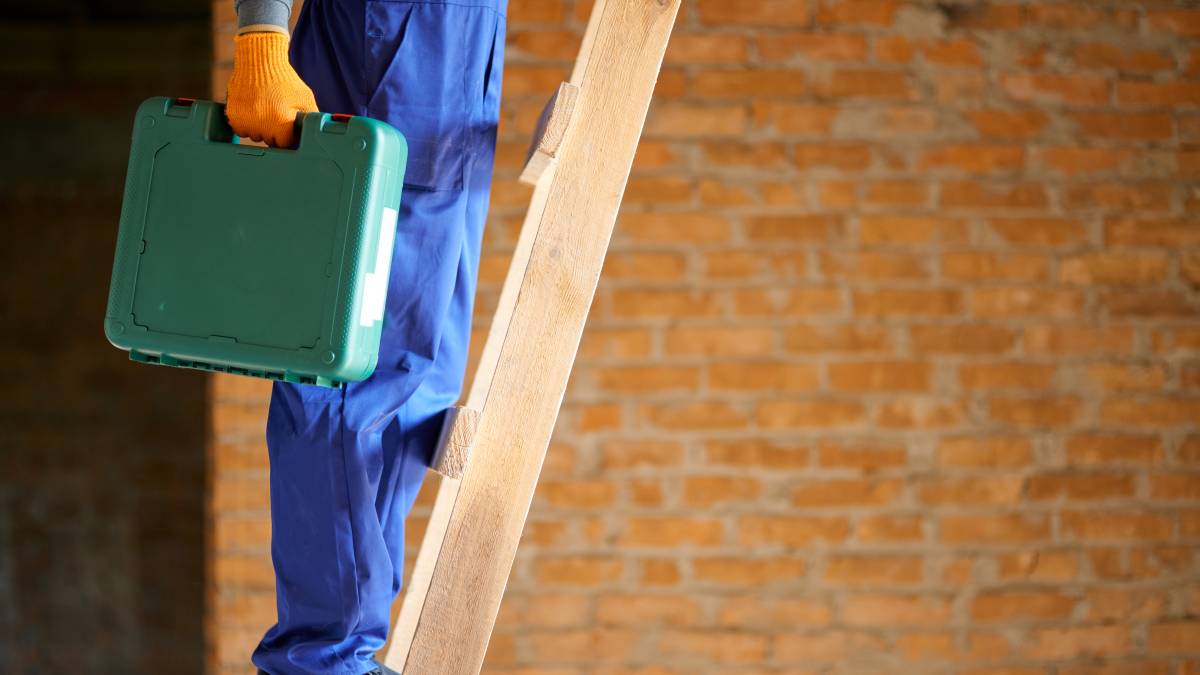
What are average handyman prices?
Read more
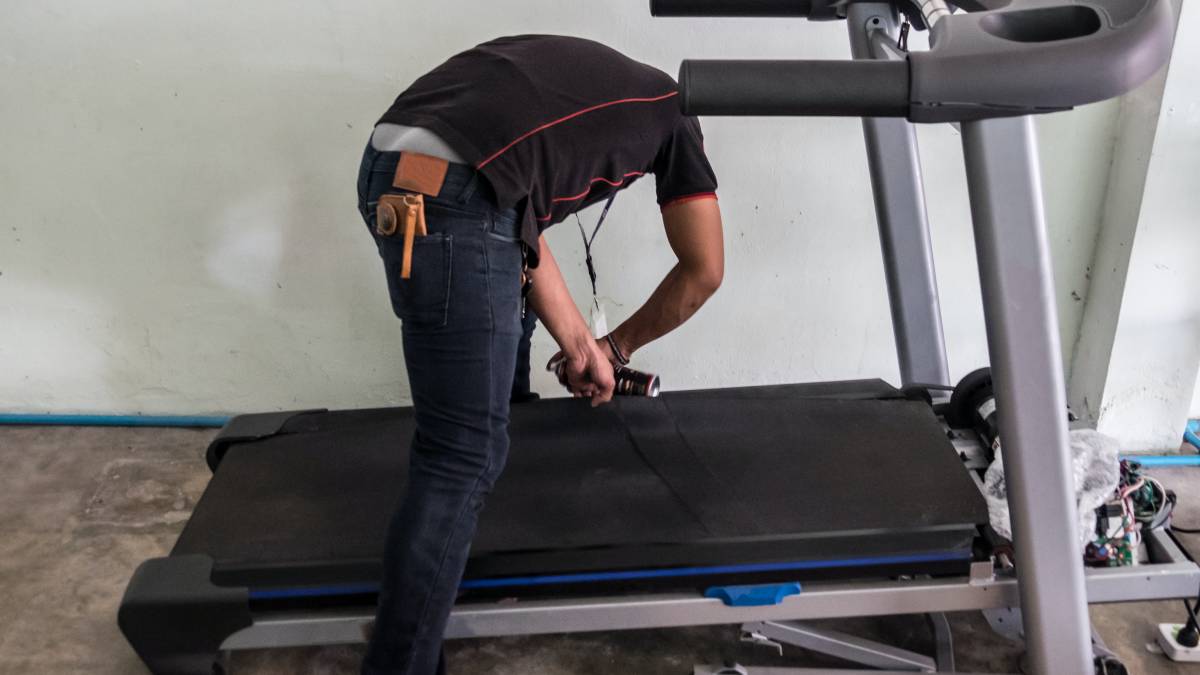
How much does treadmill repair cost?
Read more
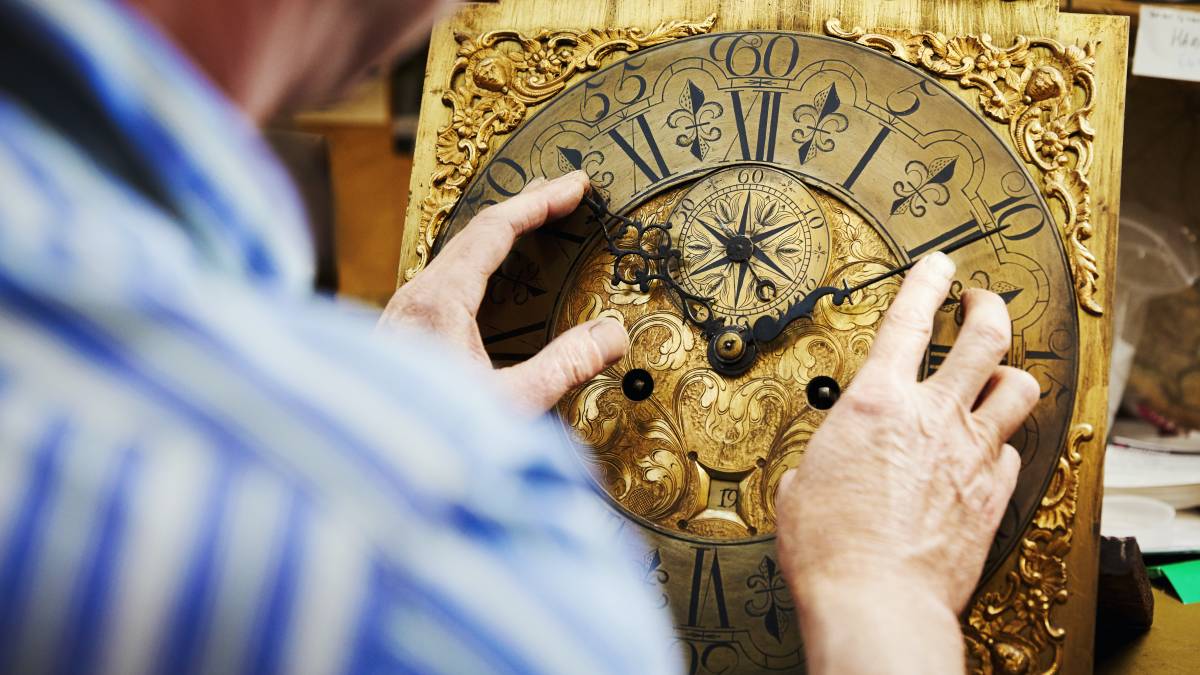
How much does clock repair cost?
Read more
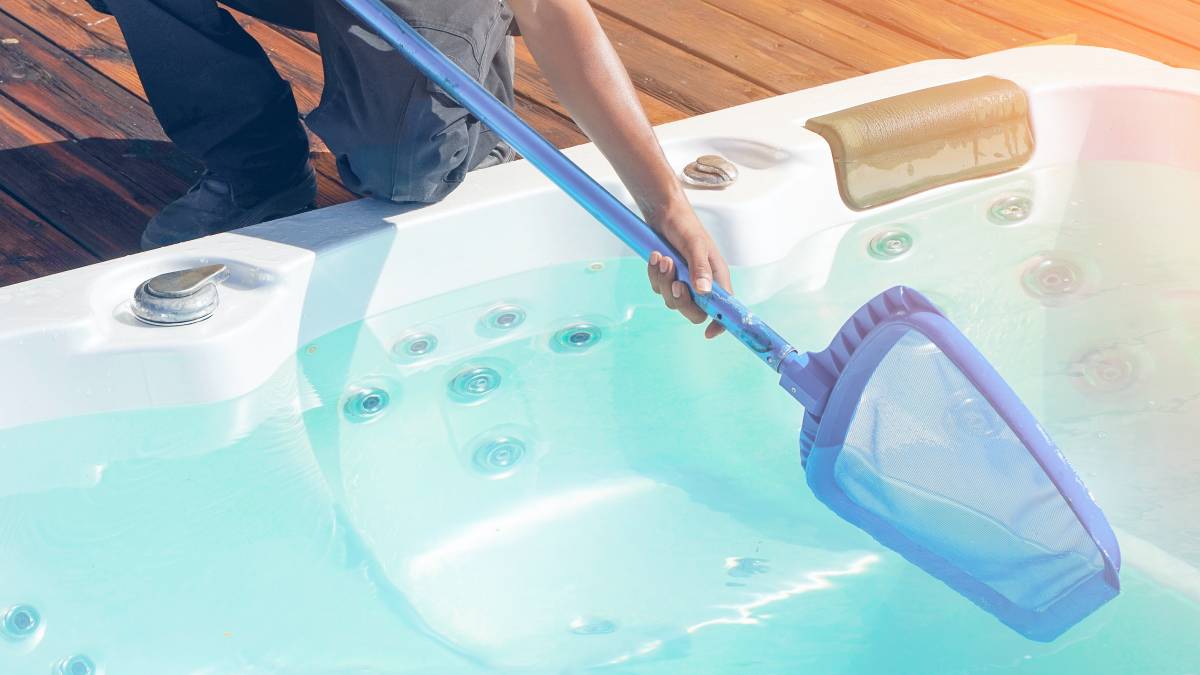
How much does hot tub repair cost?
Read more

How much does signage cost?
Read more
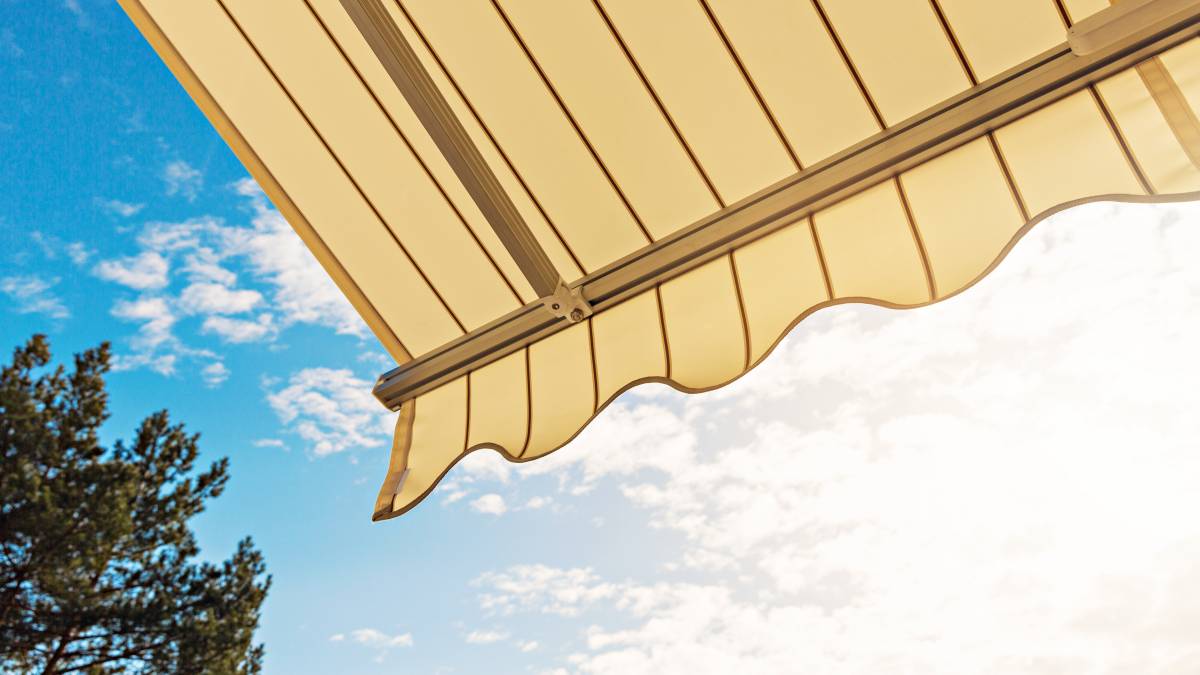
How much does awning repair cost?
Read more
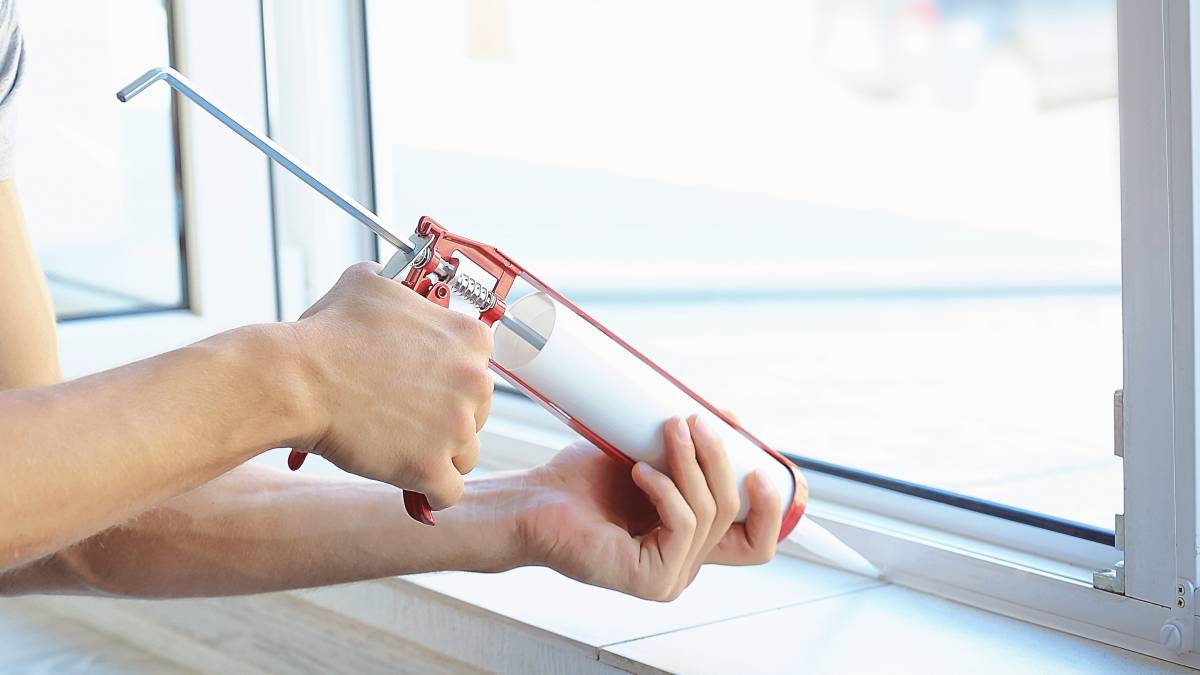
How much does window repair cost?
Read more
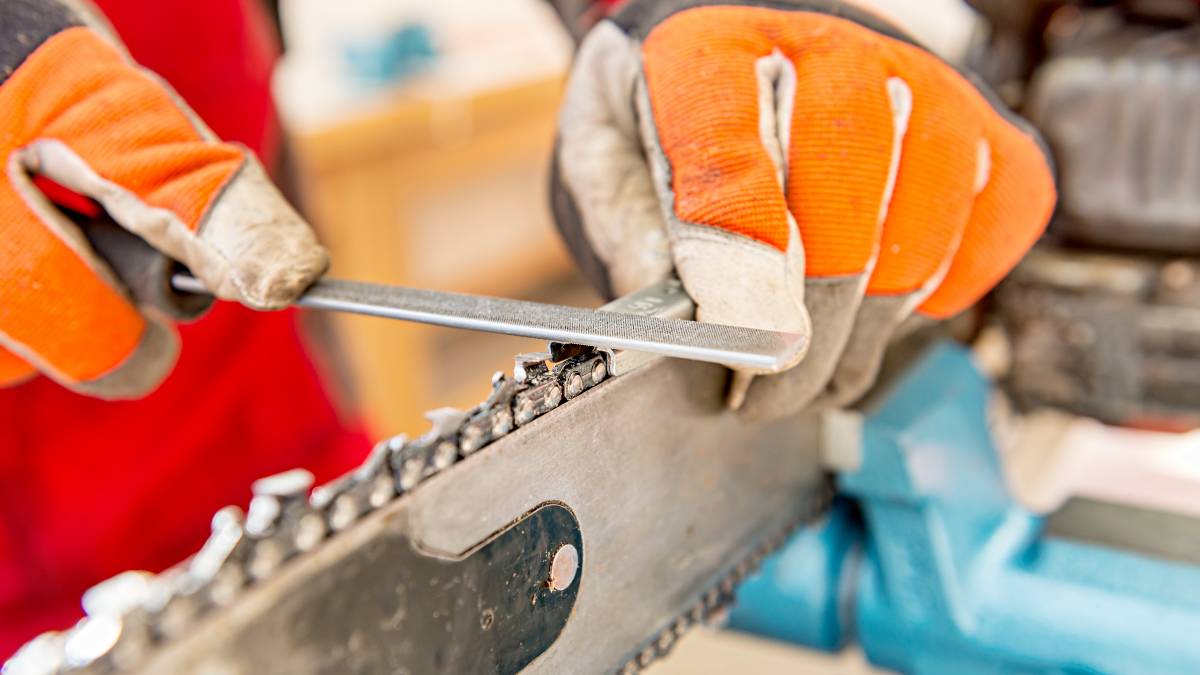
How much do chainsaw services cost?
Read more
